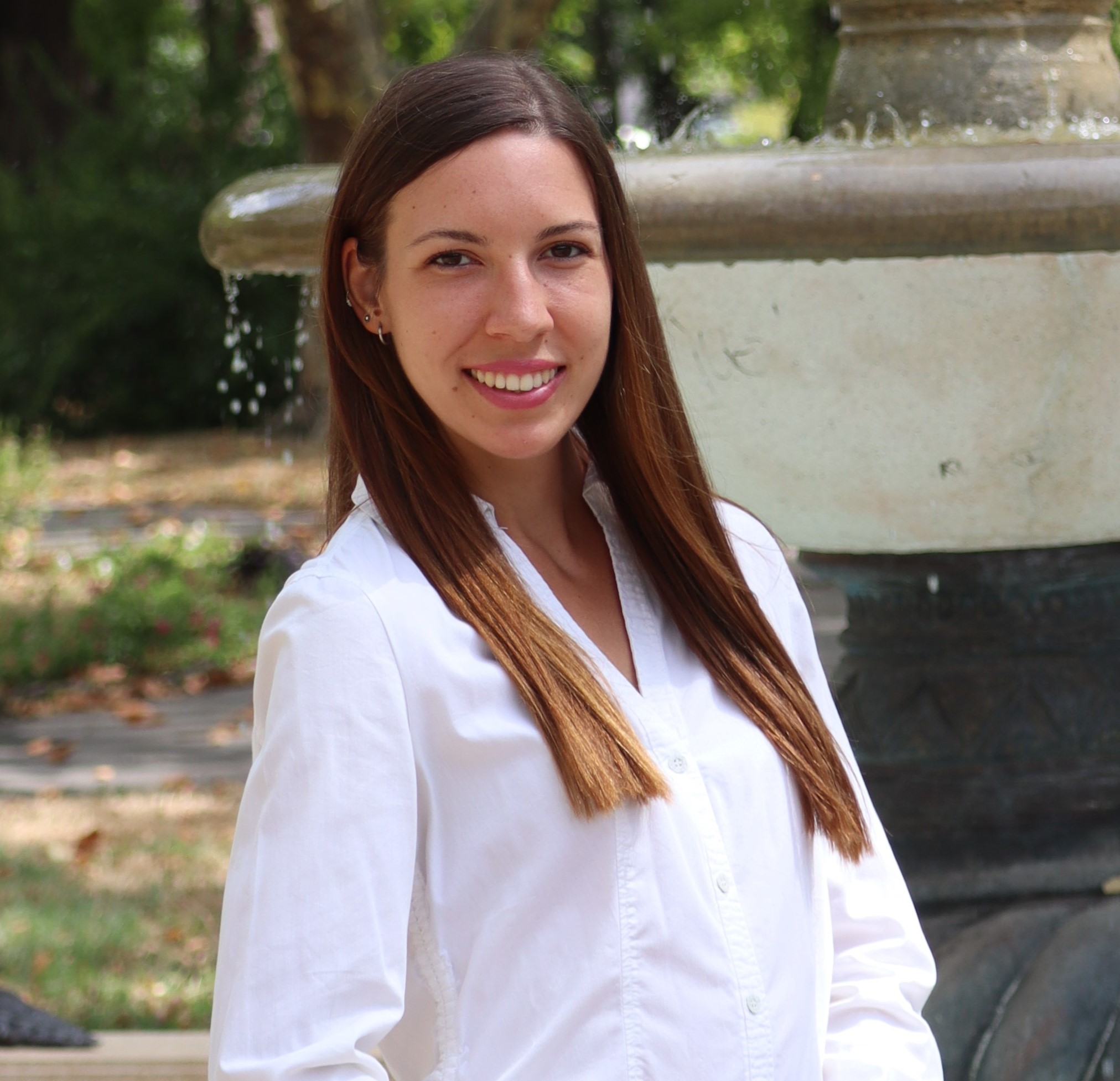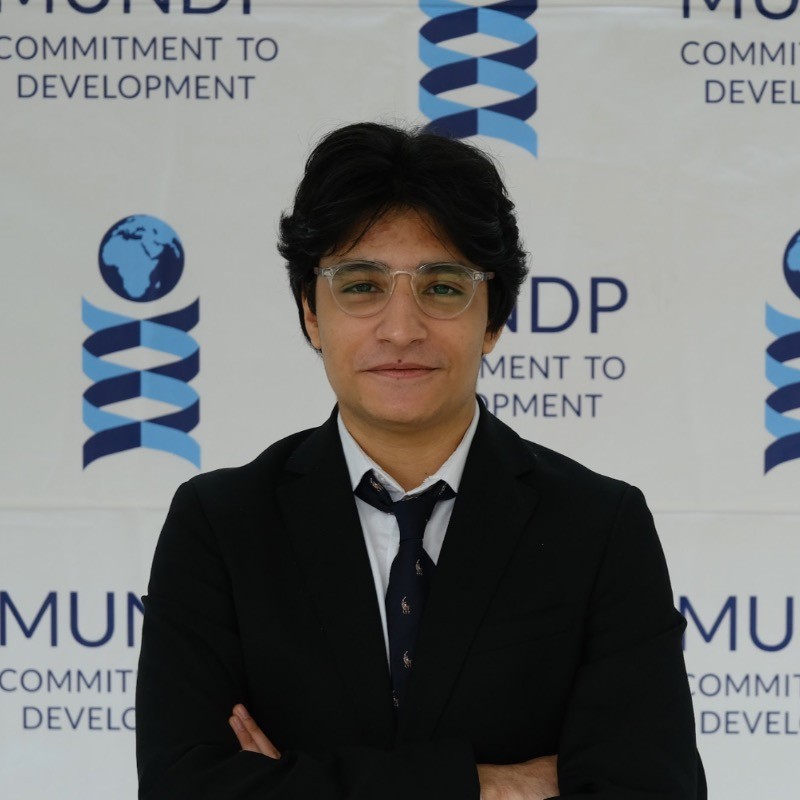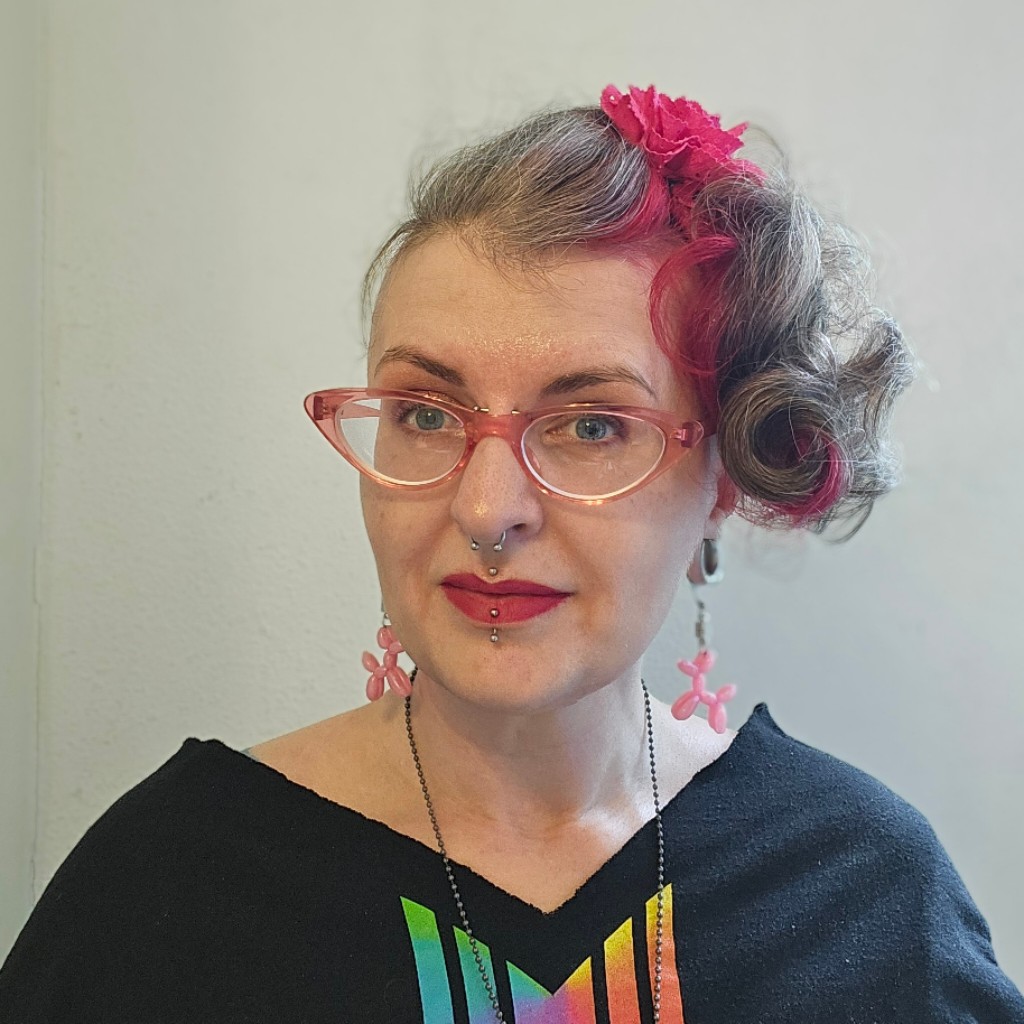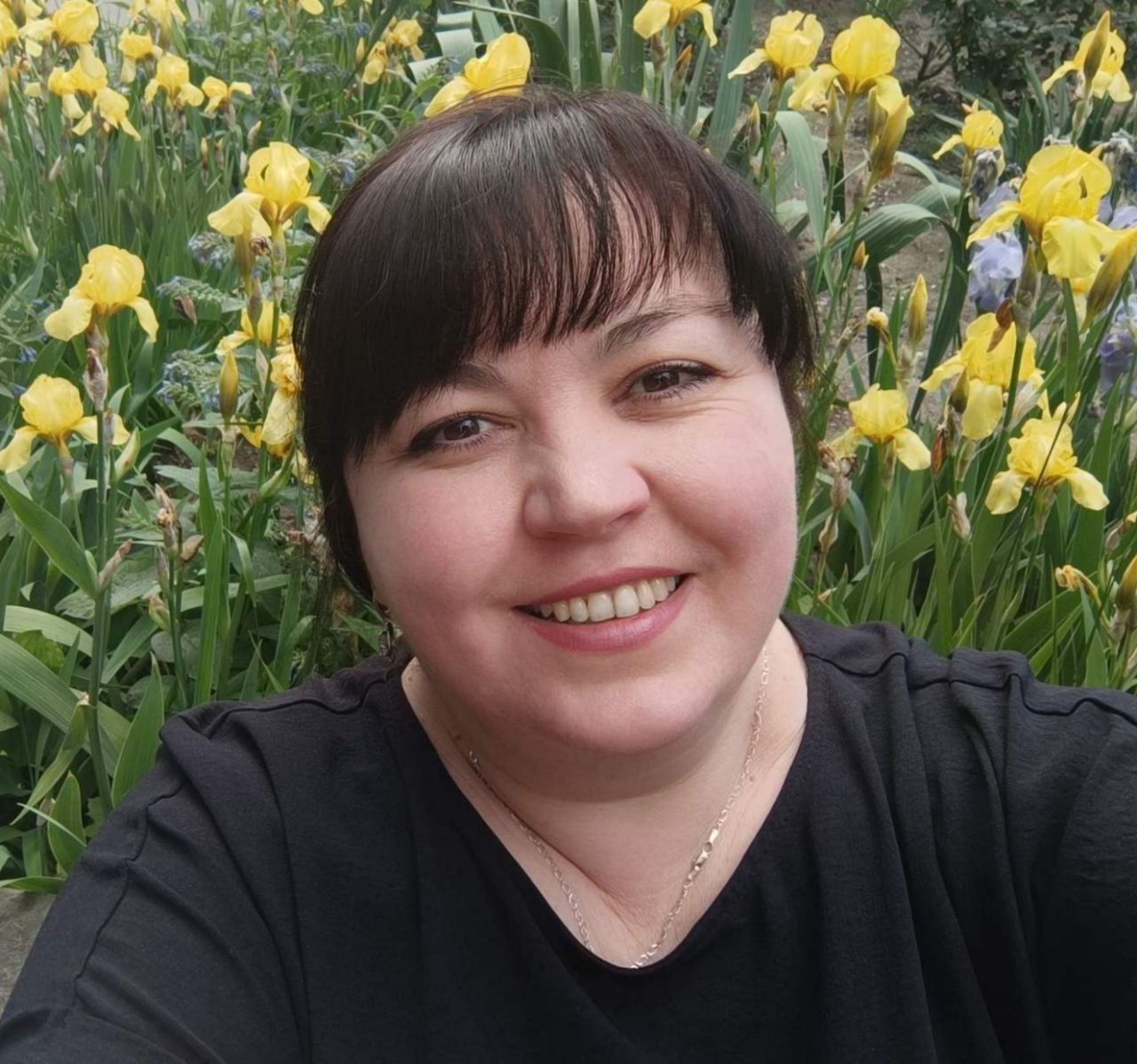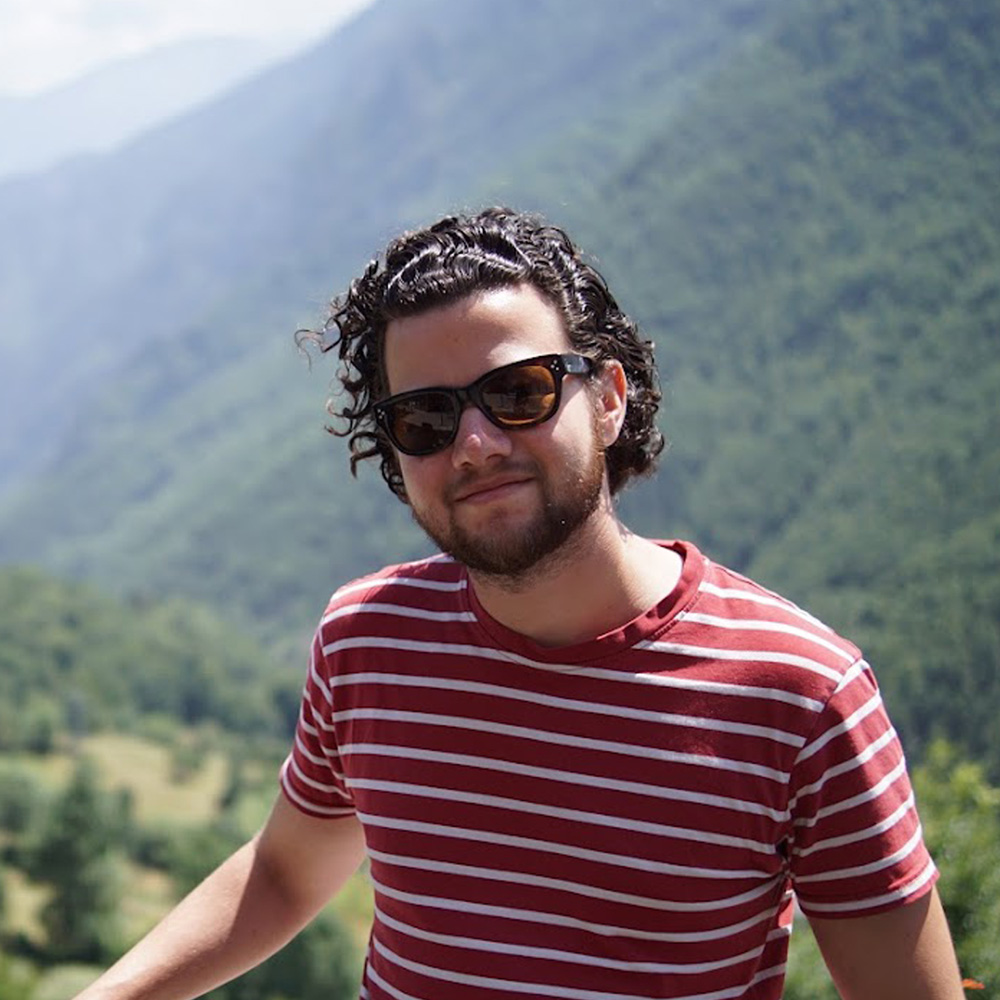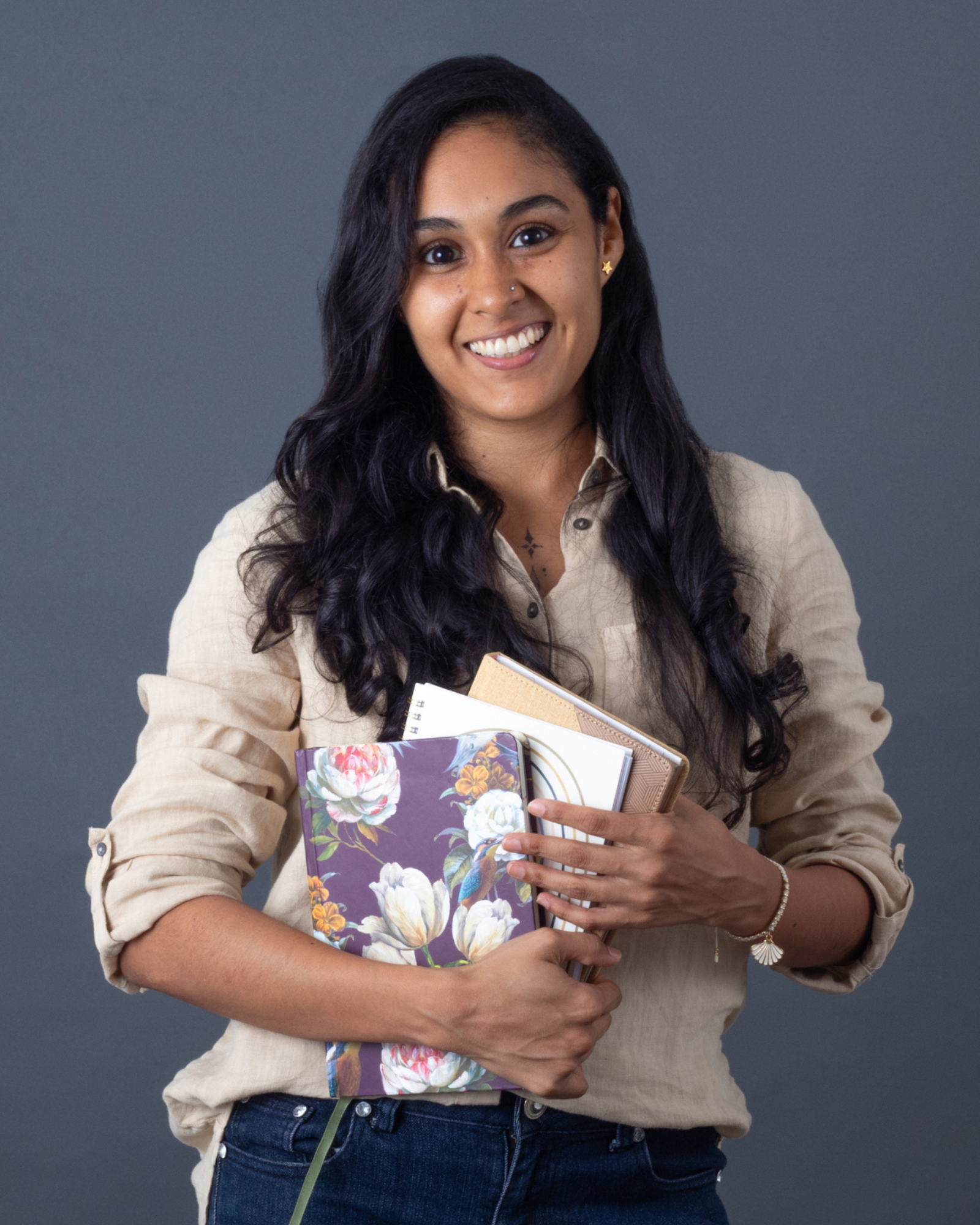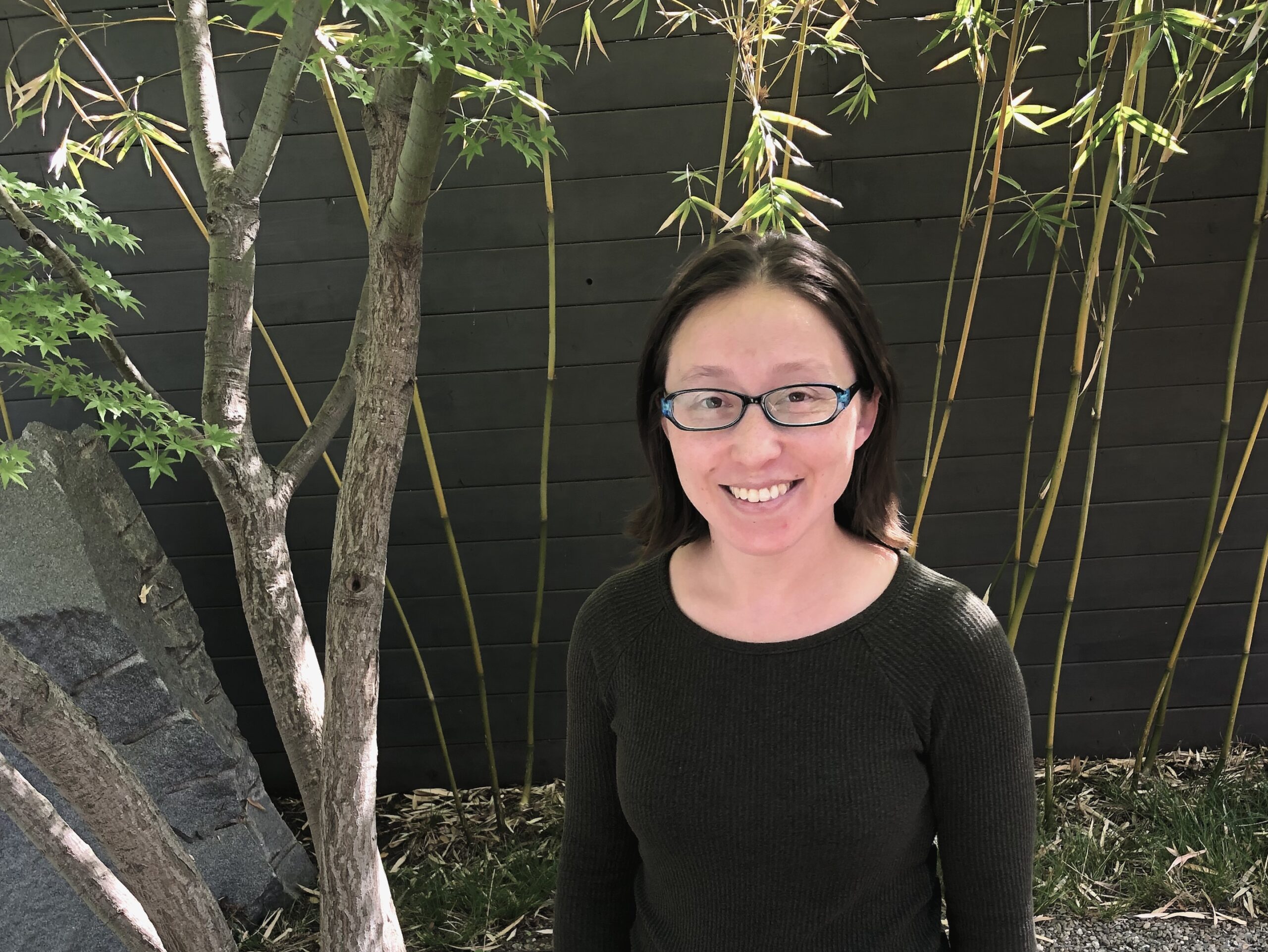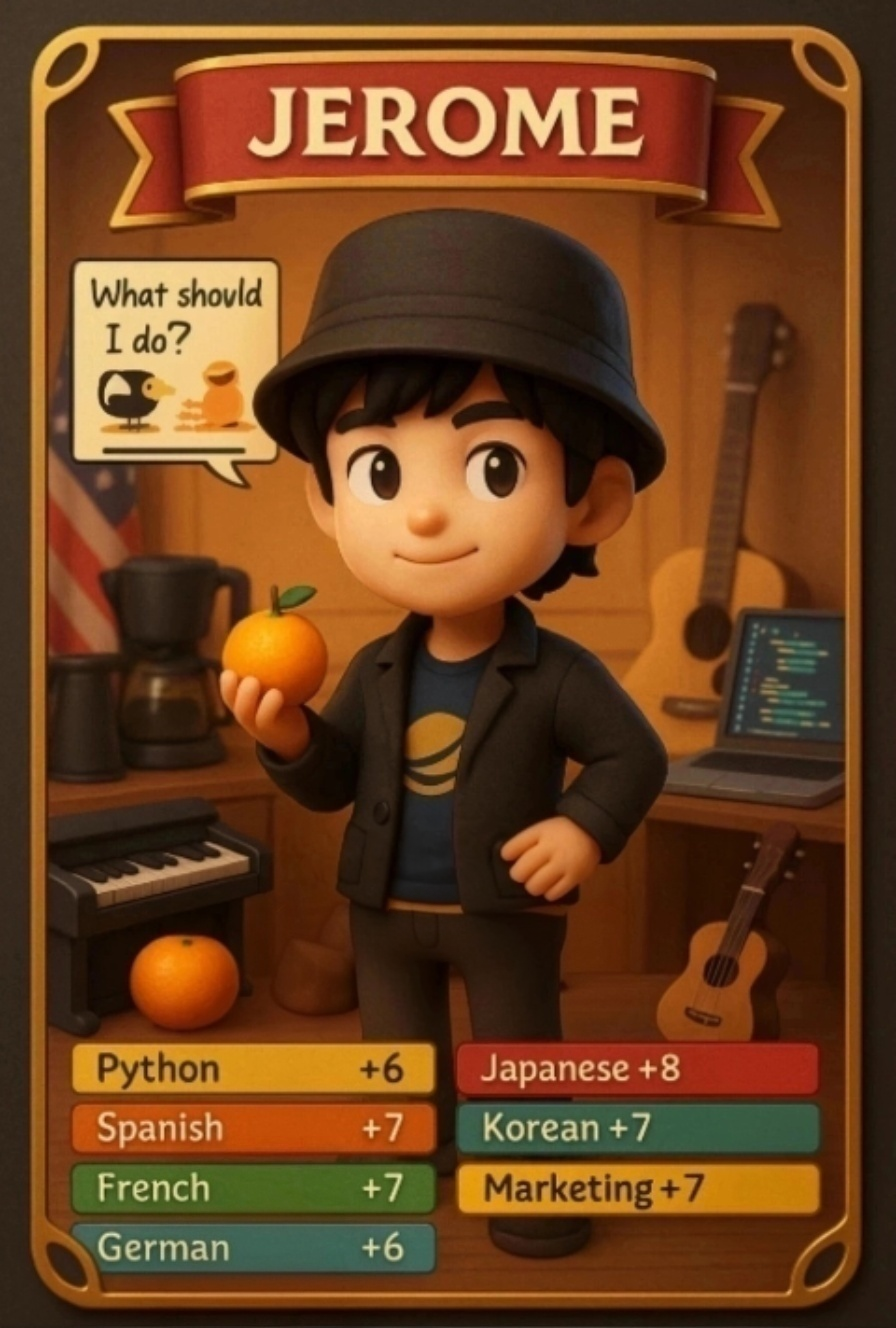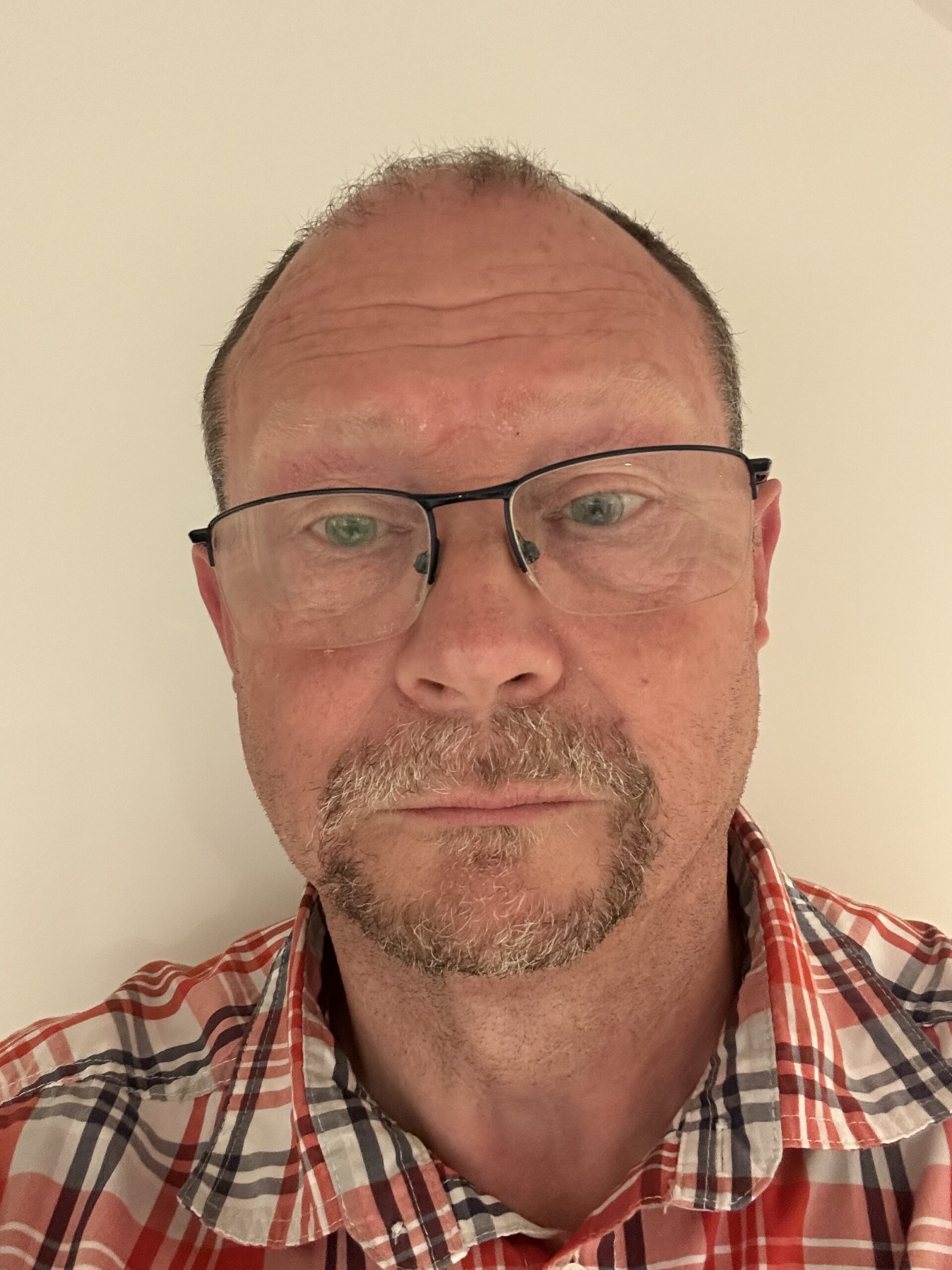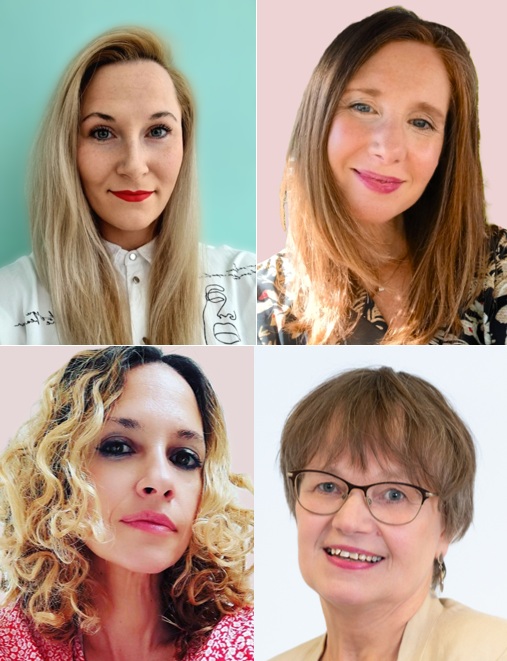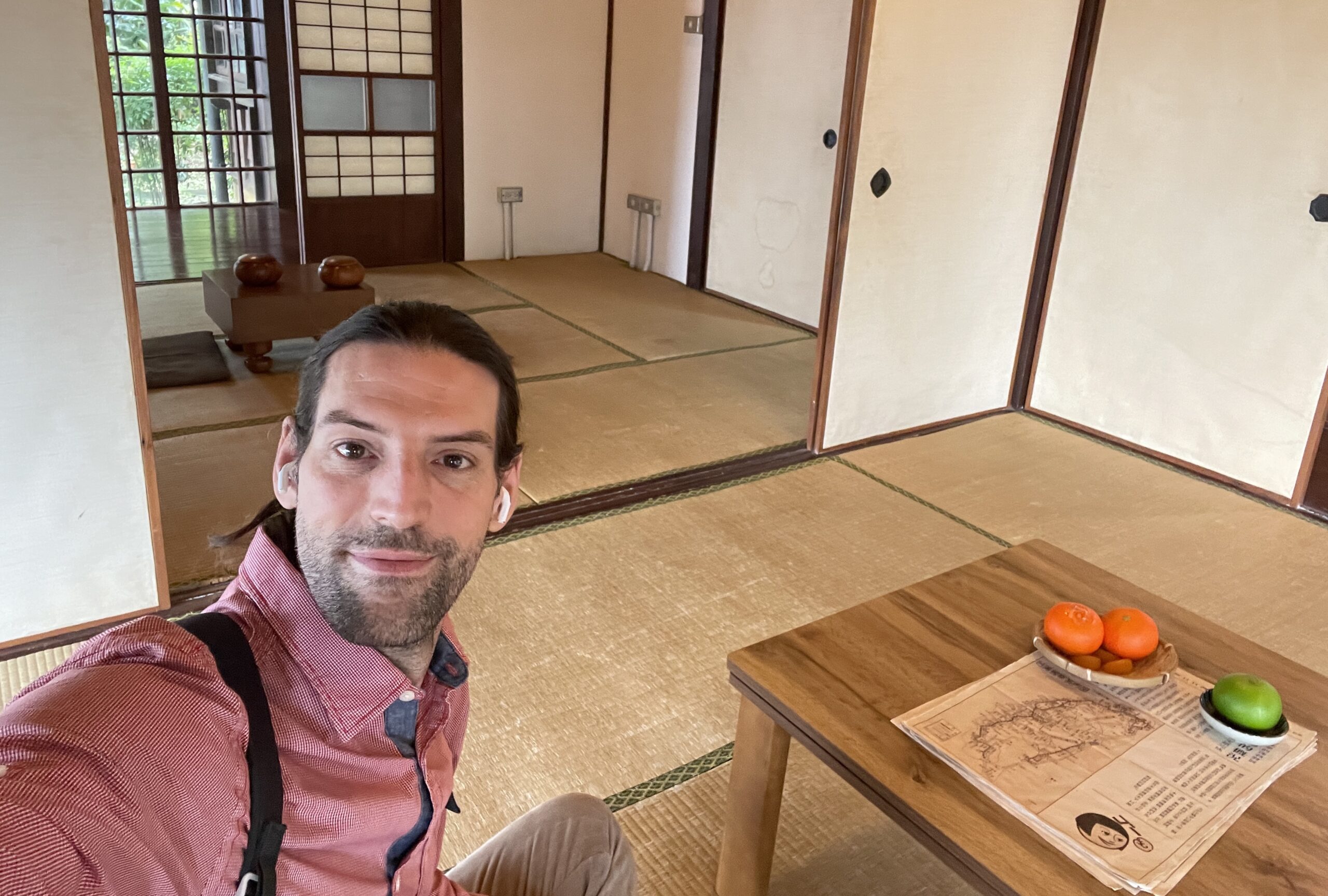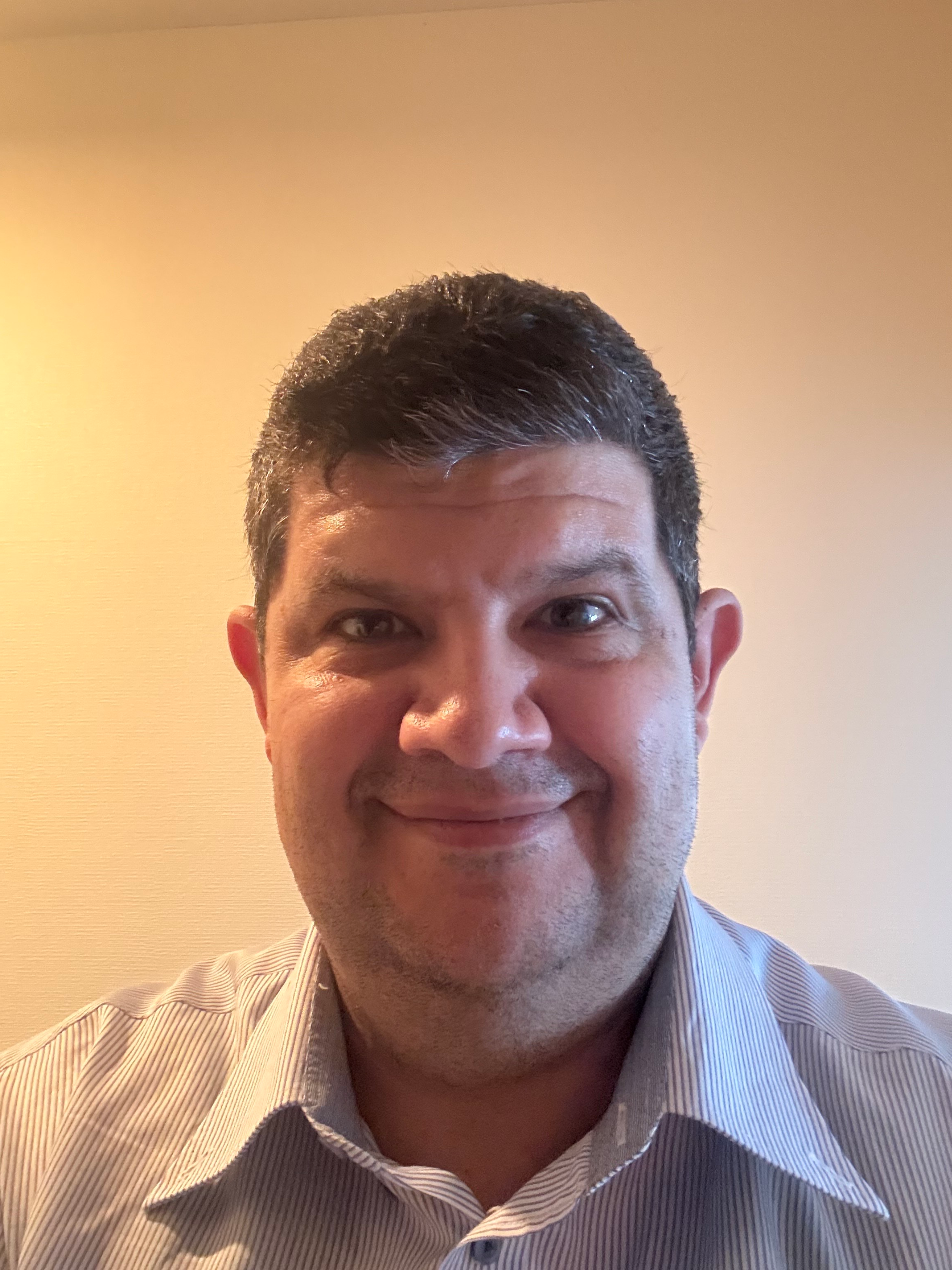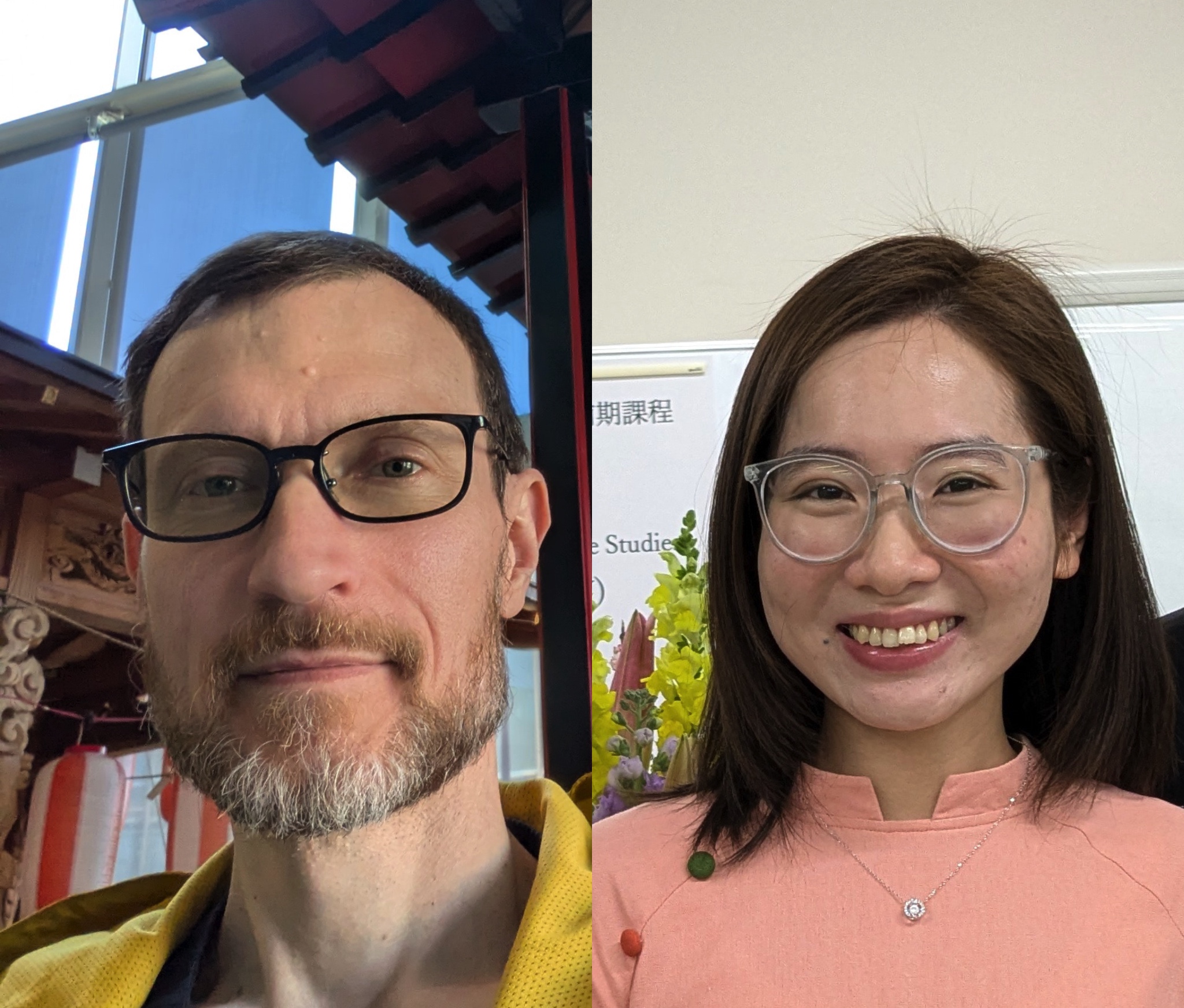Apply to speak in 2026!
Apply to speak at Polyglot Conference Global 2026 soon! We will publish a link here to apply!
Programme
At Polyglot Conference Global we offer a packed programme. Participants can expect the following activities throughout the time we have together:
- Some speaker presentations will be pre-recorded and available for you to view whenever you like during the conference.
- There will be some LIVE presentations for you to join too. These will be recorded and later made available to watch whenever you like.
- Q&A sessions will be added as speakers confirm their time slots and these will appear on the dynamic programme in the Live Environment.
- 50+ recorded italki lessons in a LOT of languages!
- Offers, deals, discounts and fun with our other partners and sponsors TBC!
- Language exchanges hosted by community members, including a number already agreed to be hosted by Olga Koeva
- A multilingual concert by Olga Koeva
- More things will be added to the programme as the days go on. Remember that this is a dynamic programme and YOU can also get involved!
- Previously unreleased videos from Polyglot Conferences and The Language Event!
Speakers
These are the speakers from 2025 and the recordings of their talks will be available for you this year too!

Emotions across Languages —
Ekaterina Matveeva
This talk explores how learners and teachers can consciously connect with emotions across languages. We will examine why learners often feel like different people in different languages.
Drawing on emotional psychology and cross-cultural studies, I will show how emotional wheels (such as those of Plutchik or Geneva) are often mistranslated or incomplete across languages, leaving gaps in how learners access and express emotions.
To address this, I will present practical techniques using LAE and theatre methods, including role-play, embodied voice work, and emotional mapping, that help learners:
- Connect with emotional registers of their target language
- Build confidence expressing nuanced emotions in another culture
- Enrich their multilingual personality and communicative flexibility
Participants will leave with concrete ideas for integrating emotional awareness and expression into language learning and teaching, making language a tool for deeper human connection, not just communication.
Amolingua YouTube
Полиглотпособственномужеланию YouTube
languagealterego Instagram
LinkedIn
Facebook
X / Twitter
Website
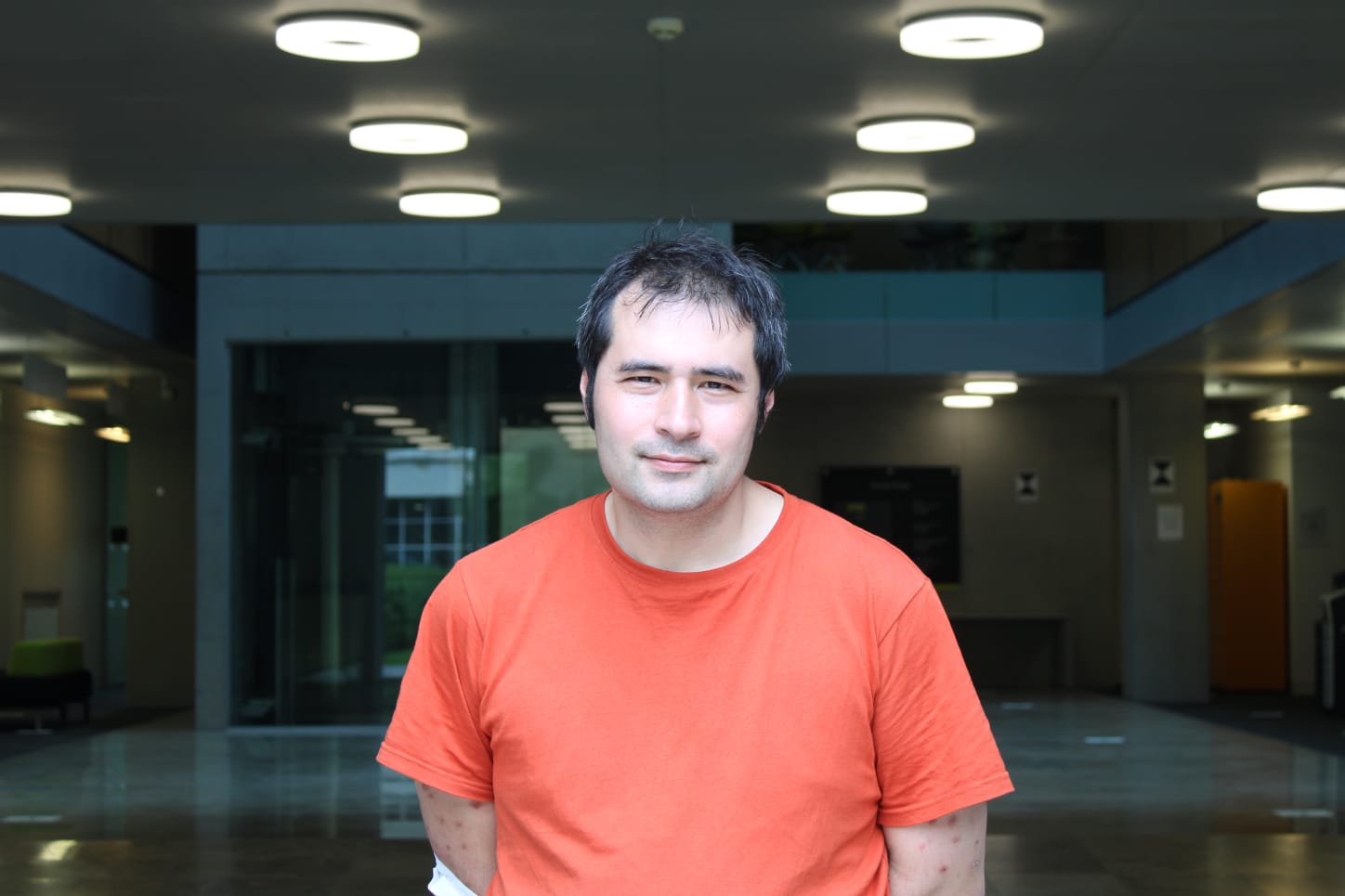
Learning Turkish from Russians, Germans, and other "non-native"/L2 speakers (and some Turks :) ) (LIVE) —
Timothy E.L. Douglas
(Turkish spoken (with lots of mistakes), with slides in English) Turkish is a fascinating language, which I recently started to learn intensively. I am a firm believer in the value of “NON-NATIVE”/L2 speakers when learning languages. In my opinion, one should not assume that “native”/L1 speakers are inherently better speakers/users/teachers/practice partners for a language (“Nativespeakerism”). Indeed, many people learn English with little or no contact with “native”/L1 speakers, so why do you need them to learn Languages Other Than English (LOTEs)? In my person experience, “non-native”/L2 speakers are a fantastic resource: they are often easier to understand, they are INSPIRING examples for me, and if they teach me, I can “kill two birds with one stone” by “Language Stacking/Laddering” by learning my Target Language while practicing their “native”/L1 language. In this personal talk, I would like to describe my own journey learning Turkish, how Russians, Germans and other “non-native”/L2 speakers have been the backbone of the learning process! Benny Lewis aims to make 200 mistakes a day, I will aim to make 200 mistakes when presenting the talk in TURKISH with English subtitles! I hope that the mistakes do not impede comprehension too much 😉
X / Twitter
YouTube
Instagram
LinkedIn
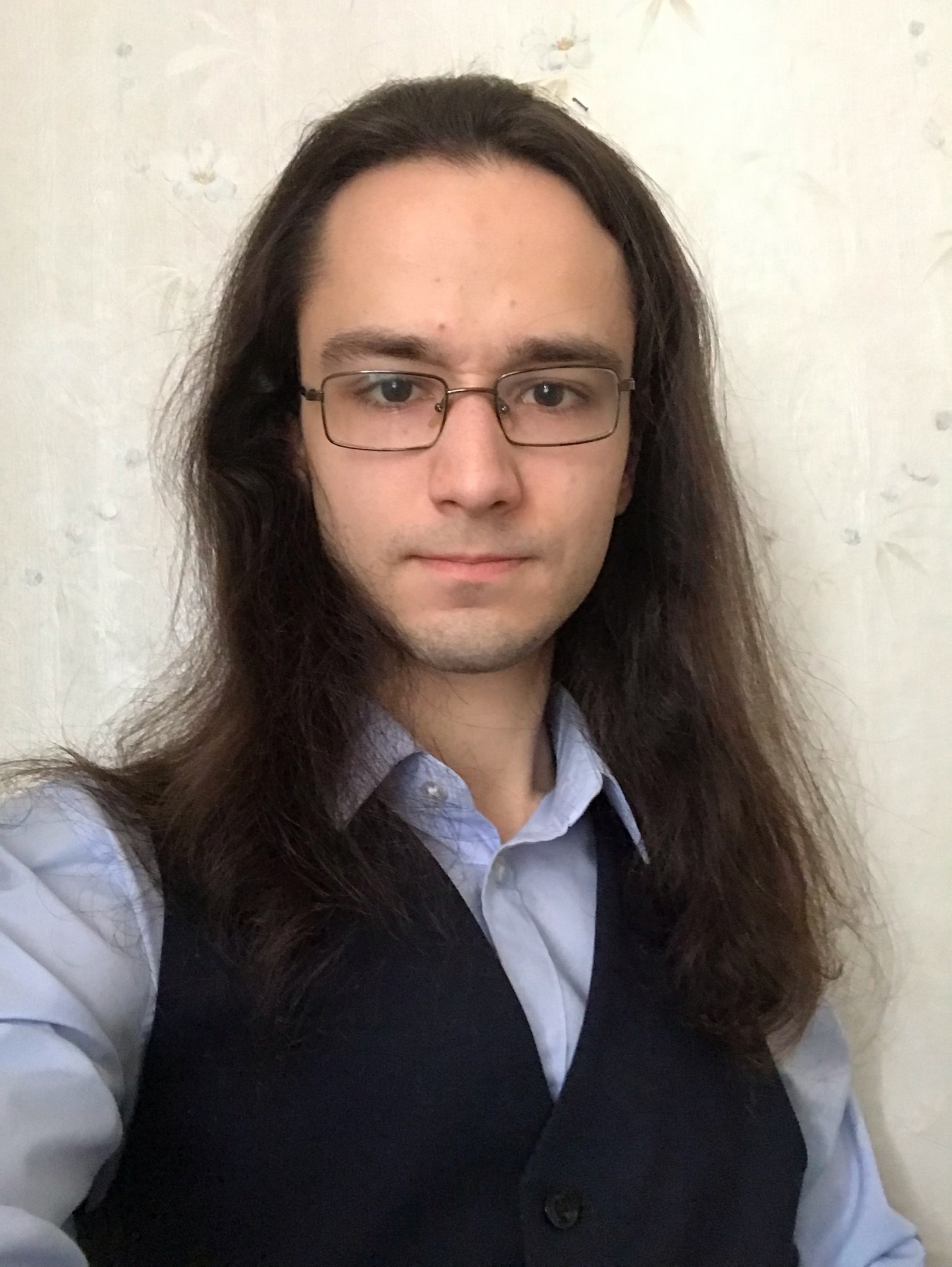
Ryukyuan: The Forgotten Japonic Languages (LIVE) —
Ian Aleshkevich-Suslov
People often see Japanese as a language isolate, not a part of any large family like Romance, Germanic, Slavic, or Semitic. And yet, the truth is that Japanese does indeed belong to a family – the Japonic language family. The only other members of this family are the languages of the Ryukyu islands, known as Ryukyuan. To this family belong Okinawan, Kunigami, Amami, Kikai, Okinoerabu, Yoron, Yaeyama, and many others. The reason why these languages are obscure is that the Japanese empire enforced the use of Japanese in all spheres of life, leading to a severe decline in their use in the 19th and 20th centuries. Though the situation has improved since then, the languages are still considered endangered, but revival efforts, especially for Okinawan, are underway.
In this talk you will learn about the diversity, distribution, and history of the Ryukyu languages and the peoples that speak them. We will look at how these languages diverged from Old Japanese and how they simultaneously closely parallel standard Japanese, and subvert many expectations that people have about this language: creative use of Kana, pronoun use, verbal conjugation, what counts as a vowel and much more!
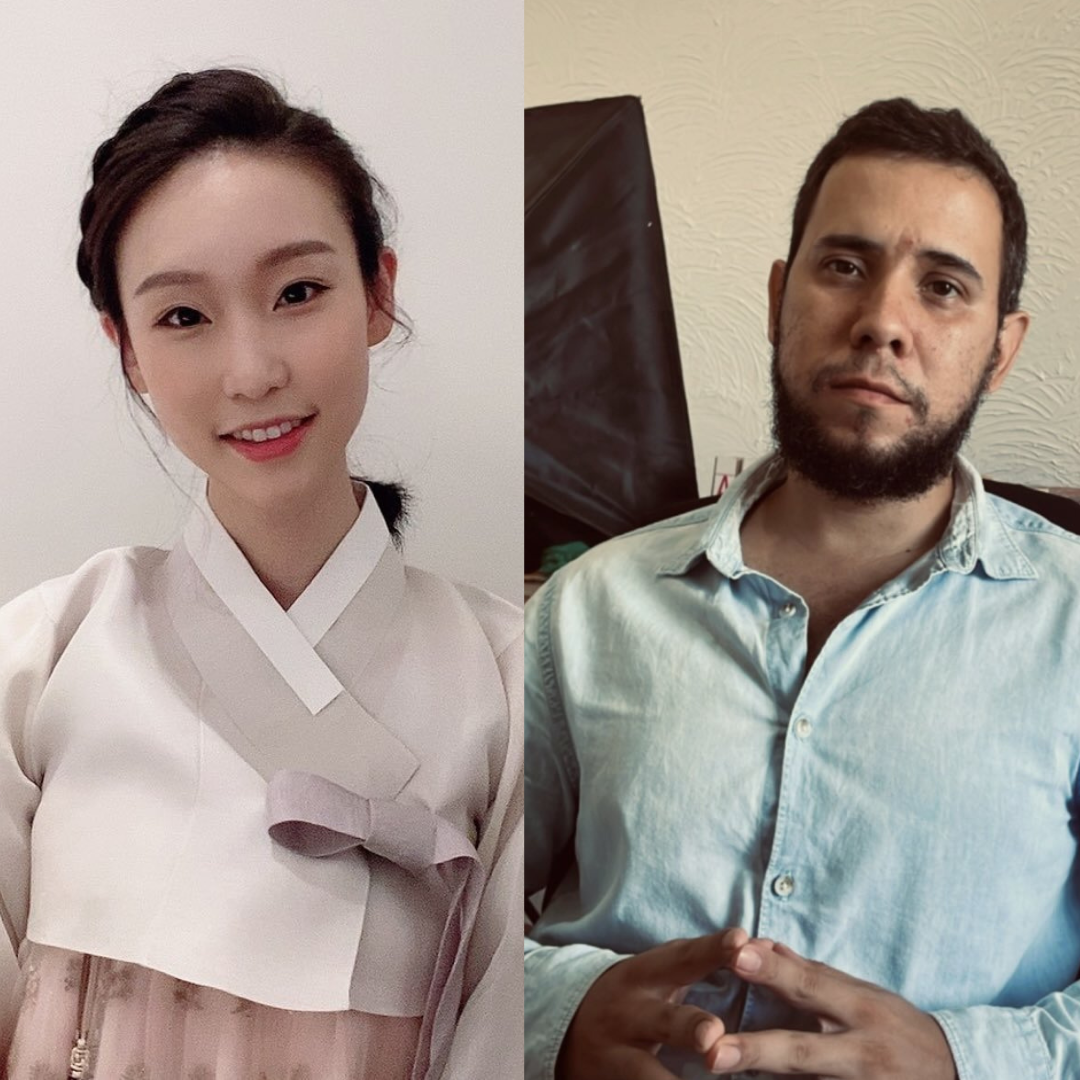
Language Exchange: Mastering Learning Through Meaningful Interaction. (LIVE) —
Patrick Lencastre & Judy Um
In this presentation, we will share the unique experience of our language exchange journey between Korean and Portuguese. Together with my friend Judy Um, we will walk you through the proven methods and practical strategies that helped us progress as learners.
Language exchange is more than just practicing vocabulary; it’s about fostering real, meaningful interactions that accelerate learning. We’ll cover the importance of consistency in practice, how to balance speaking and listening, and tips on making the most of your time with a language partner. Judy and I will share specific techniques for overcoming challenges in pronunciation, grammar, and cultural differences that often arise during the process.
You’ll also learn how to structure your language exchange sessions, how to stay motivated throughout the process, and how to integrate language learning into your daily life. We will discuss the importance of patience and setting realistic goals, as well as how to embrace mistakes as valuable learning opportunities.
By the end of this talk, you’ll walk away with actionable tools and insights that will help you build a more effective and enjoyable language exchange routine, whether you’re just starting or looking to level up your skills.
YouTube (Patrick)
Instagram (Judy)

A Tonal Map of Asia: Building Cross-Language Tools That Can Help Preserve and Teach Endangered and Mainstream Tonal Languages (LIVE) —
Stuart Jay Raj
This presentation introduces a system designed to support the preservation and practical teaching of tonal and script-based languages, including many under-documented Tai varieties. Built on over two decades of linguistic training and field experience, Cracking Language Fundamentals (CLF) is a modular, AI-enabled framework that visualises and compares tonal structures across Thai, Lao, Vietnamese, Chinese, and over 300 Tai datasets.
These datasets—many contributed by linguists such as Dr Rikker Dockum and others—are now being used not just to document languages, but to actively reintroduce core tonal logic to native speakers. The tools in the system map tonal contours, classify syllable types, and show how the rules in these languages correspond to shared structures rooted in Sanskrit and Indic systems.
The platform connects Thai’s tone-class logic to 平上去入 in Chinese and Vietnamese, reveals how Hangul’s design stems from Phagspa and Brahmi, and integrates the historical Qieyun phonological system used in Chinese character dictionaries.
CLF is also used to revive lost literacy. The Khom script—once used to write Thai, now mostly seen on temple walls—has become readable again for many native speakers using these tools.
This session will present the structure of the system, the methodology behind its development, and how it enables both preservation and use. It is designed not just for researchers, but for communities reclaiming their own linguistic systems, and for educators looking to make tonal and abugida-based languages teachable again—without dumbing them down or stripping them of their native logic.
YouTube
Facebook (Jcademy)
Facebook
X / Twitter
LinkedIn
Language Tools Site

Autism and own language (LIVE) —
Cyril Ducatez
Subtitle: Inward extension of language boundaries: The concept of ‘egensprok’ in L’enfant qui s’était inventé une langue
In his latest book, French writer Cyril Ducatez presents the language he invented for himself at the age of eight as both a game and a solution to the communication problems he faced as a child on the autism spectrum.
This ‘shelter language’ or ‘intimate language’, which the author conceptualises using the word ‘egensprok’ (meaning ‘own language’ in the writer’s language), became over time the only language in which it was really possible for him to say something, without this action betraying the truth of his feelings or emotions.
Over the years, his language has grown with him, to the point where it now constitutes, among other things, a reflection of the writer’s love of languages – in that all those he has learnt have infused it – and the tool that has enabled him to understand them better.
To the writer, this childhood invention is evidence that language fulfills functions that have perhaps not yet been emphasized or that have been emphasized too little. For him, ‘egensproks’ hint at the possibility of extending language boundaries towards the intimate, as they are languages of introspection, invented to serve as the language of a unique body and mind, and functioning in symbiosis with them. In other words: Own languages, tailored to fill the gap between what is felt and what is said.
With this talk, Cyril Ducatez’ aim is to send out a call to other inventors of such languages.
Instagram
Facebook
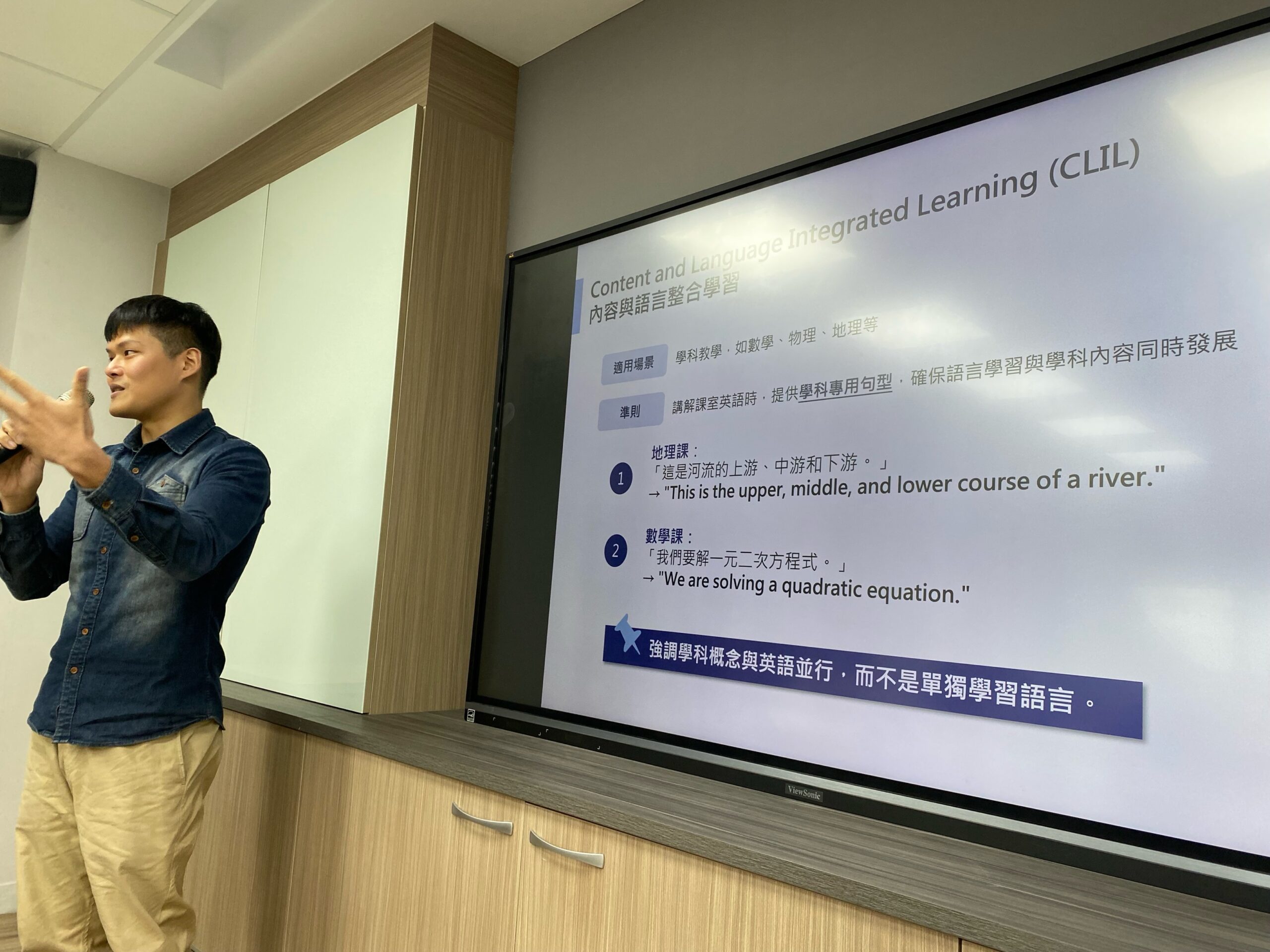
Teaching Between Languages: A Teacher’s Perspective on Taiwan’s Bilingual Policy (LIVE) —
Aang Shen
With Taiwan’s national push toward becoming a bilingual (Mandarin-English) society by 2030, educators are at the heart of this major language policy transformation. Drawing from both my 10 years of experience as a language teacher and findings from my master’s dissertation, this talk explores how Taiwanese teachers perceive and respond to the challenges and opportunities of the bilingual policy.
In this 20-minute session, I’ll share insights from a case study involving in-depth interviews with local educators, revealing a range of reactions—from enthusiasm to skepticism—toward the policy’s goals, implementation, and impact on classroom dynamics. I’ll also reflect on my personal journey teaching English in Taiwan, discussing how language policy decisions shape teaching practices, teacher identity, and student learning experiences.
This presentation aims to spark thoughtful discussion among language enthusiasts about the real-world implications of top-down language policies. Whether you’re a language teacher, learner, or advocate, you’ll gain a deeper understanding of how ambitious national goals intersect with daily educational realities—and what we can learn from Taiwan’s evolving bilingual story.
Instagram
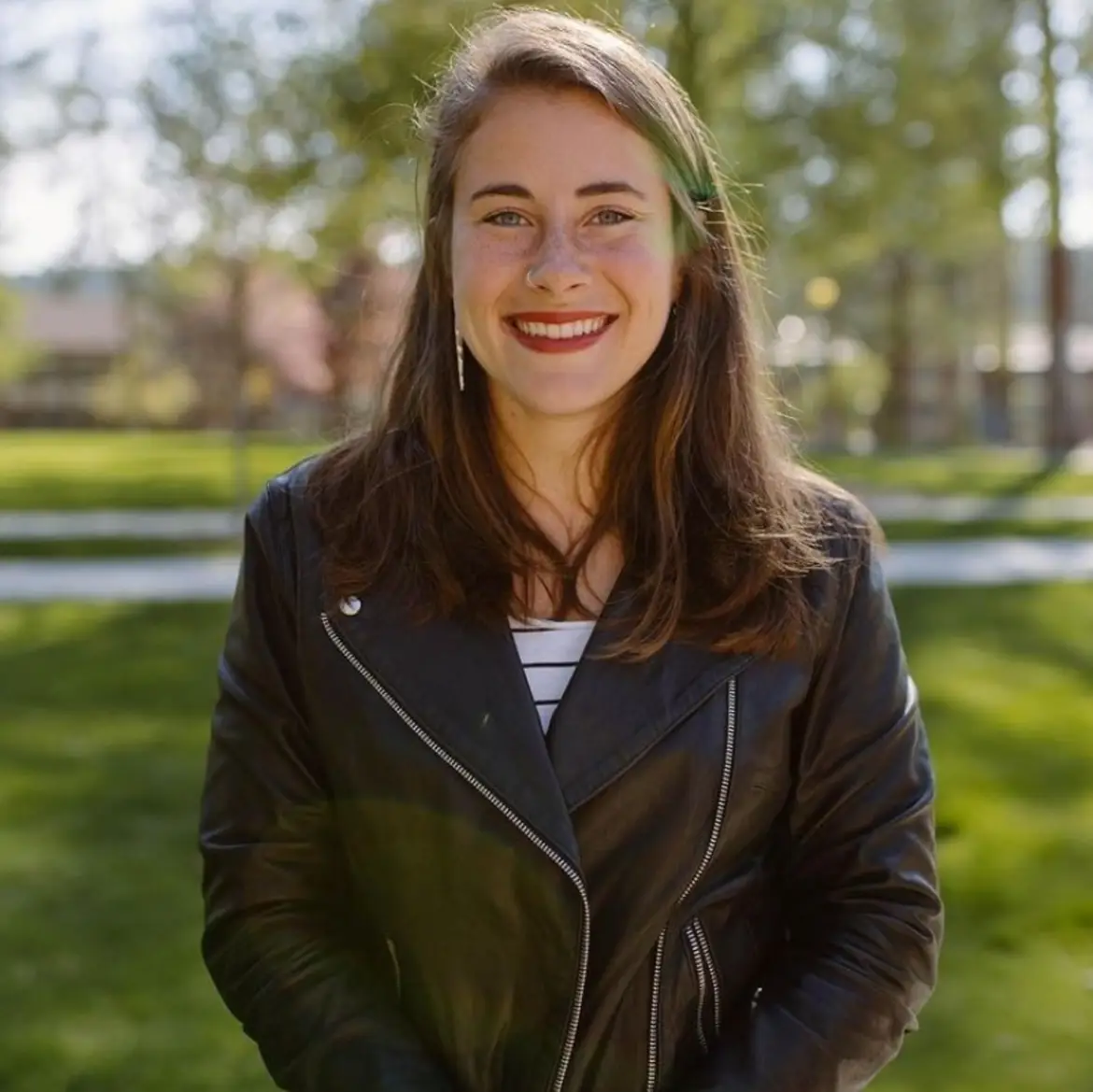
The Over-identification of Yup'ik Speakers and Alaska Native Students for Special Education in the Anchorage School District (LIVE) —
Emma Much
The Anchorage School District (ASD) in Alaska, Anchorage, surprisingly holds some of the most diverse schools in the United States. Part of that diversity comes from our Alaska Native students that speak a variety of Alaska Native languages. The most spoken one in the district, and in the entire state, is Yup’ik or Yugtun. It is the 6th most spoken language in the district, however speakers of Yup’ik have about a 30% likelihood of being identified for Special Education, while all other languages within the top 10 have a likelihood range of 14%-18%, with the overall average being 16%. Another Alaska Native language that’s less common (16th place in the district), is Inupiaq, where speakers of this language have a 27% likelihood of being in Special Education. When data is compared to other factors such as socioeconomic status, there seems to be no correlation, at least for our school district. This presentation would be more of a call to action, as the reason this is happening has not yet been investigated yet. I have presented this information to my Speech and Language Pathologist department, as well to our directors of special education within a 20-30 minute presentation and would love to present it to others in Taipei. I am also hoping to investigate this issue as a PhD dissertation topic through the University of Alaska Fairbanks.
Instagram
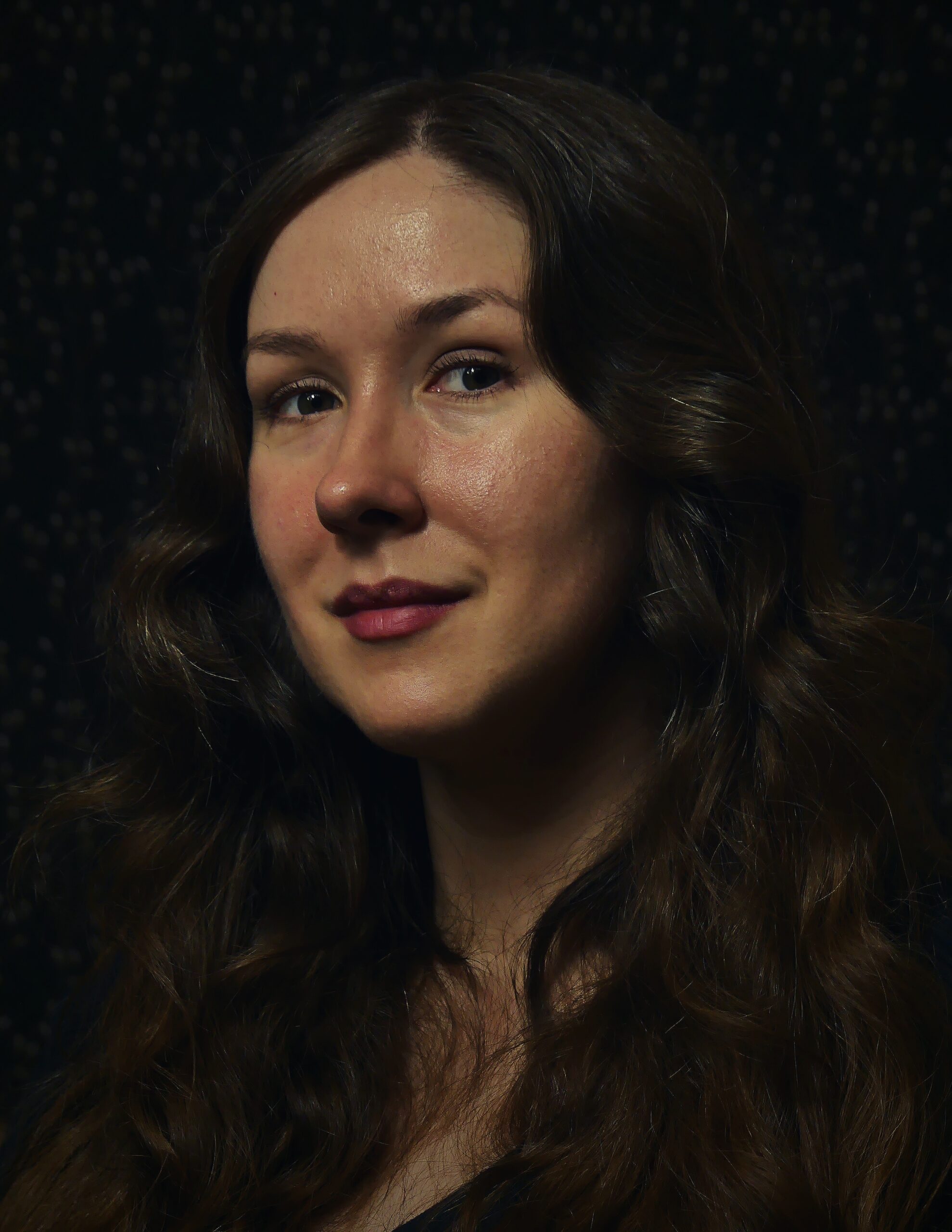
The Many Voices Within: A Study of Language and Identity (RECORDED) —
Inese Pintāne
How do people acquire knowledge of several languages? For some, it happens due to life circumstances, while for others it stems from personal interest. Often, it is a mix of both. This presentation will examine the diverse reasons behind language learning, the motivations people have, and the methods they use. It will also explore how much time people dedicate to studying, what qualities they believe are important for success, whether they see themselves as naturally gifted in languages, and how learning new languages affects their identity.
A survey conducted for my Master’s thesis in Modern Linguistics gathered insights from 67 participants through a 40-question questionnaire. The results revealed a wide range of approaches to language learning. Some participants were required to learn new languages for work, family, or relocation, while others pursued languages out of curiosity or passion. Many respondents shared that acquiring new languages had changed how they see themselves and the world around them. Some also felt that certain personal traits or biological predispositions helped them succeed.
Overall, the findings show that language acquisition rarely fits neatly into categories of free choice or necessity. The boundaries between multilingualism and polyglottery are more fluid than often assumed, shaped by individual experiences and circumstances.
Instagram
Facebook

Linguistic Sensitivity: How Language Shapes Our Emotional and Social Responses (RECORDED) —
Rahma Alattar
The presentation will explore the concept of linguistic sensitivity, the unique emotional and cognitive connection we develop with the languages we speak, especially our mother tongue. It discusses how individuals experience a heightened awareness, intimacy, or sharpness when interacting in their native language, which influences not only their thought patterns anLinguistic Sensitivity: How Language Shapes Our Emotional and Social Responses
d behaviors but even the tone and rhythm of their speech.
The presentation will begin by examining the scientific and psychological underpinnings of this topic, how our emotional and cultural bond with a language is formed, often subconsciously. It will also explore the social and interpersonal situations where this sensitivity plays out without our awareness.
A key focus will be on language as a social and cultural agent, not merely a tool for communication, but a deeply embedded part of our emotional processing and psychological responses. For instance, some people who struggle to say “I’m sorry” in their native language may find it easier to apologize in a second language, such as using “Sorry” in French or any other common language. Similarly, people may react strongly to insults or emotionally charged words in their native tongue, yet feel far less affected, sometimes not even 40% as much, when hearing the same words in another language, even one they speak fluently.
Instagram
X / Twitter
LinkedIn

From Afrobeats to Zouglou: Language Hybridity in West African Music Cultures (RECORDED) —
Bisola Ajibade
Across the African continent, there are hybrid languages such as Pidgin English (Nigeria, Ghana), Krio (Sierra Leone), Camfranglais (Cameroon), Iscamtho (South Africa), Sheng (Kenya), and Moroccan Darija (Morocco). These languages are widely spoken in urban areas, and are used in both informal communication, especially among the youth, and in digital spaces. Born out of code-mixing and code-switching, the languages combine elements from English and/or French with indigenous African languages.
Language hybridity also appears in popular music. African music genres like Afrobeats, Coupé-Décalé, and Amapiano are widely recognized for their sound and style. These genres are not only popular across the continent but also have global audiences through platforms like YouTube, Spotify, and other streaming services.This talk highlights the linguistic dimensions of the song lyrics, often overlooked beneath rhythm and beats. While these languages are themselves products of mixing, artists continue to code-switch within and around them in their songs.
This presentation focuses on two songs, one from Nigeria and one from Côte d’Ivoire, to show how musical artists use language creatively. Through these examples, I explore how language expresses identity, connects with diverse audiences, and reflects the multilingual realities of West African societies. The goal is to show how music functions as a space where linguistic hybridity is visible, intentional, and valued.
Instagram
TikTok
YouTube
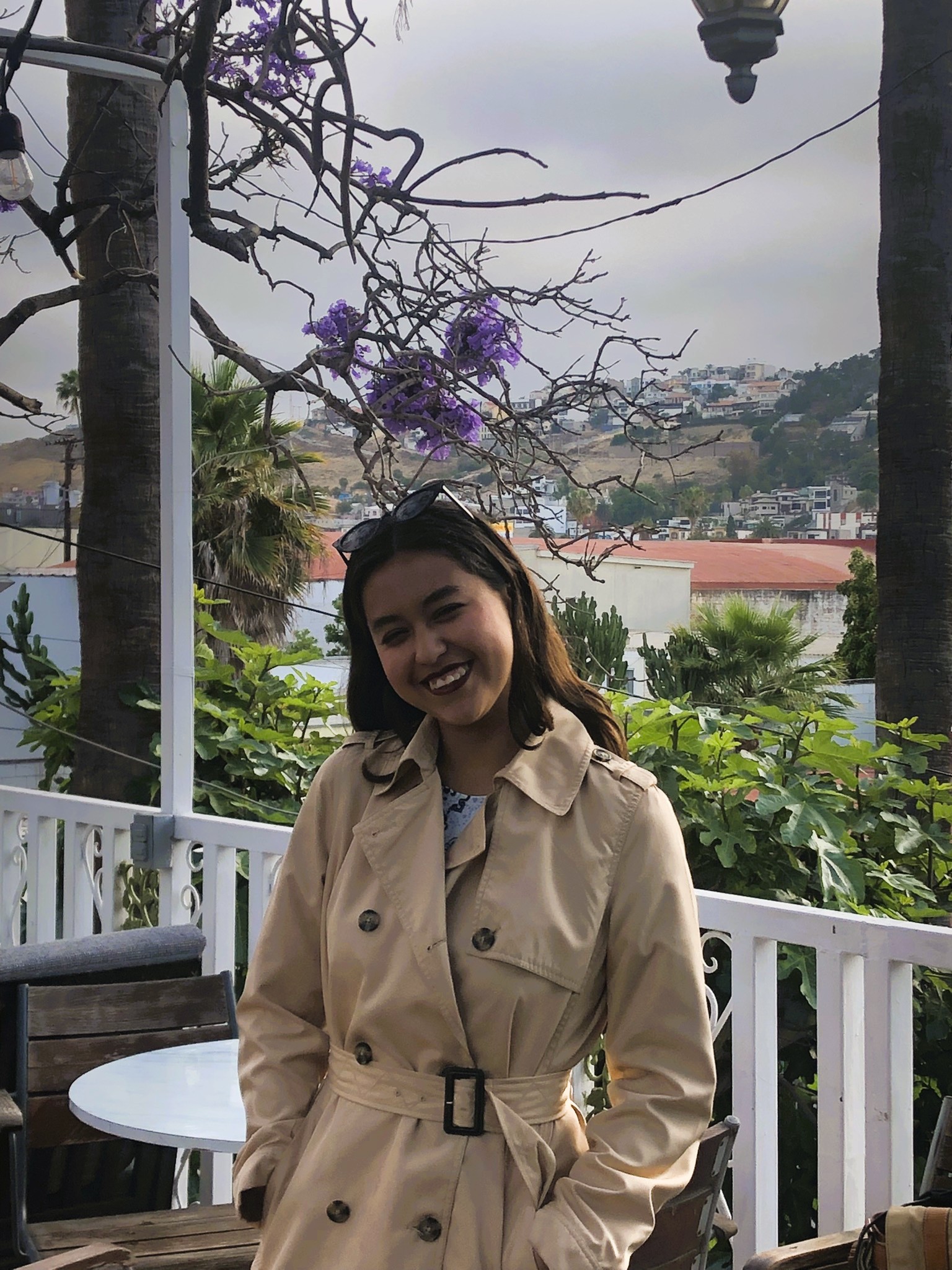
Cucapá: when a language fades with the river (RECORDED) —
María Aurora Gutiérrez
The Cucapá language, or Kuapá, is a critically endangered member of the Yuman branch of the Cochimí-Yuman family. It is spoken by an Indigenous group traditionally inhabiting the delta of the Colorado River in northwestern Mexico. Today, fewer than 150 speakers remain, mostly elders in the communities of El Mayor Cucapá (Baja California) and Pozas de Arvizu (Sonora). Without active intergenerational transmission, Cucapá faces near extinction.
This presentation offers a glimpse into the current state of the language and its speakers, combining linguistic facts and lessons with cultural and environmental context. I will explore how the disappearance of the Colorado River’s natural flow—once central to Cucapá life—has not only disrupted traditional ways of living but also weakened the language itself. The decline of key vocabulary tied to fishing, ritual, and seasonal rhythms mirrors the broader threats to Indigenous lifeways under colonial and ecological pressures. Through this case study, I aim to highlight the interconnectedness of language, land, and identity.
Instagram
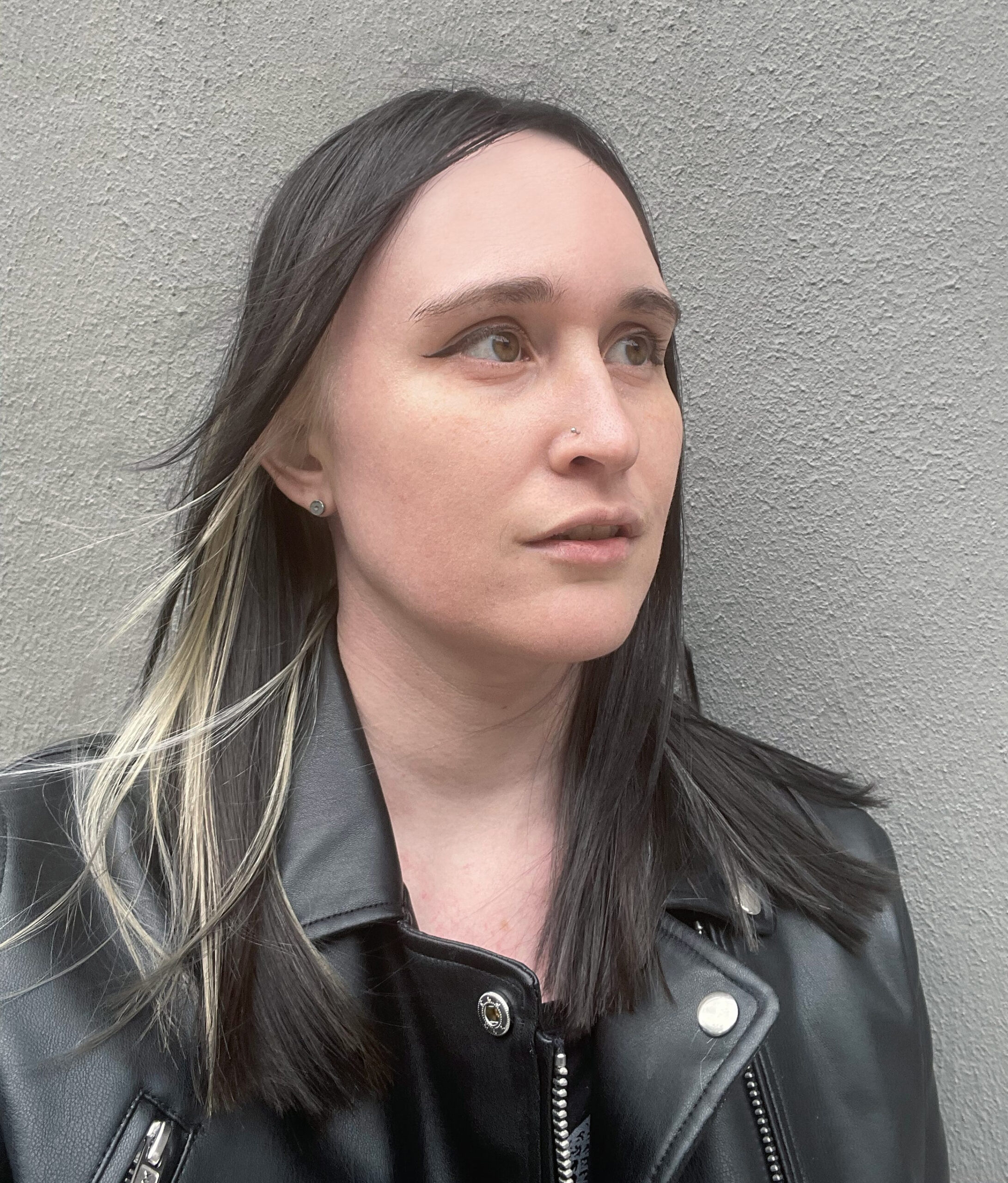
Domhain Eile: Another World - My experience seeing the world through the Irish language. (RECORDED) —
Briana Ní Loingsigh
If you visit Ireland, you will see that many street signs and place names exist bilingually. From the moment I saw that second language, I needed to know more. I knew what it meant in a sense, it was always paired alongside English. But I longed to understand both languages. Even though I didn’t know much about the language, it felt like knowing it would unlock a whole different world. I was born and raised in America with Irish heritage. I always felt a connection to Ireland, but I never knew how to articulate in words what that connection was. When I began learning the Irish language, I realized why. The words I was looking for didn’t exist in English. Not only did I now have a way to express what I had always felt, but I found my initial instincts were right. Speaking Irish did unlock a whole new world, a whole new Ireland, that I never could have experienced otherwise. People often question ‘the point’ of using the language when everyone who speaks it is fluent in English as well. I want to share the world that I discovered through the language and show the lessons that world has taught me. The title Domhain Eile comes from a term in Irish mythology that there is our world, and then there is an domahin eile – the other world. A place of mysticism and magic. The world I found through the Irish language has felt nothing short of magical.
Website
nstagram

The Power of Bianhua: A Comparative Exploration of Transformation in Ancient Sino-Japanese Narratives (LIVE) —
Joshua Ansley (Jojo) Garcia
Delving into the multifaceted concept of bianhua (變化), meaning “transformation” or “metamorphosis,” across ancient Chinese and Japanese mythologies. The linguistic evolution of this term, from its neutral Chinese origins (bian for gradual change, hua for sudden change) to its Japanese adaptations (henka and henge with positive connotations), highlights a fascinating cultural divergence in how transformation is perceived and categorized.
The exploration reveals how bianhua is intrinsically linked to the “Dao” (道) in China and “kami” (神) in Japan, manifesting as either meritorious or demonic cultivation. Figures like Nu-wa and Inari Okami embody beneficial transformations aligned with universal principles, while characters like the Monkey King and Kiyohime showcase the perils of misguided cultivation or unchecked emotion. The paper further connects bianhua to complex philosophical frameworks such as Yin and Yang, Wuxing, and Wu wei, illustrating how these concepts explain not only individual transformations but also socio-political shifts. This cultural analysis demonstrates how the nuances of “transformation” reflect deeply embedded religious, philosophical, and societal values in East Asian narratives.
Instagram
LinkedIn
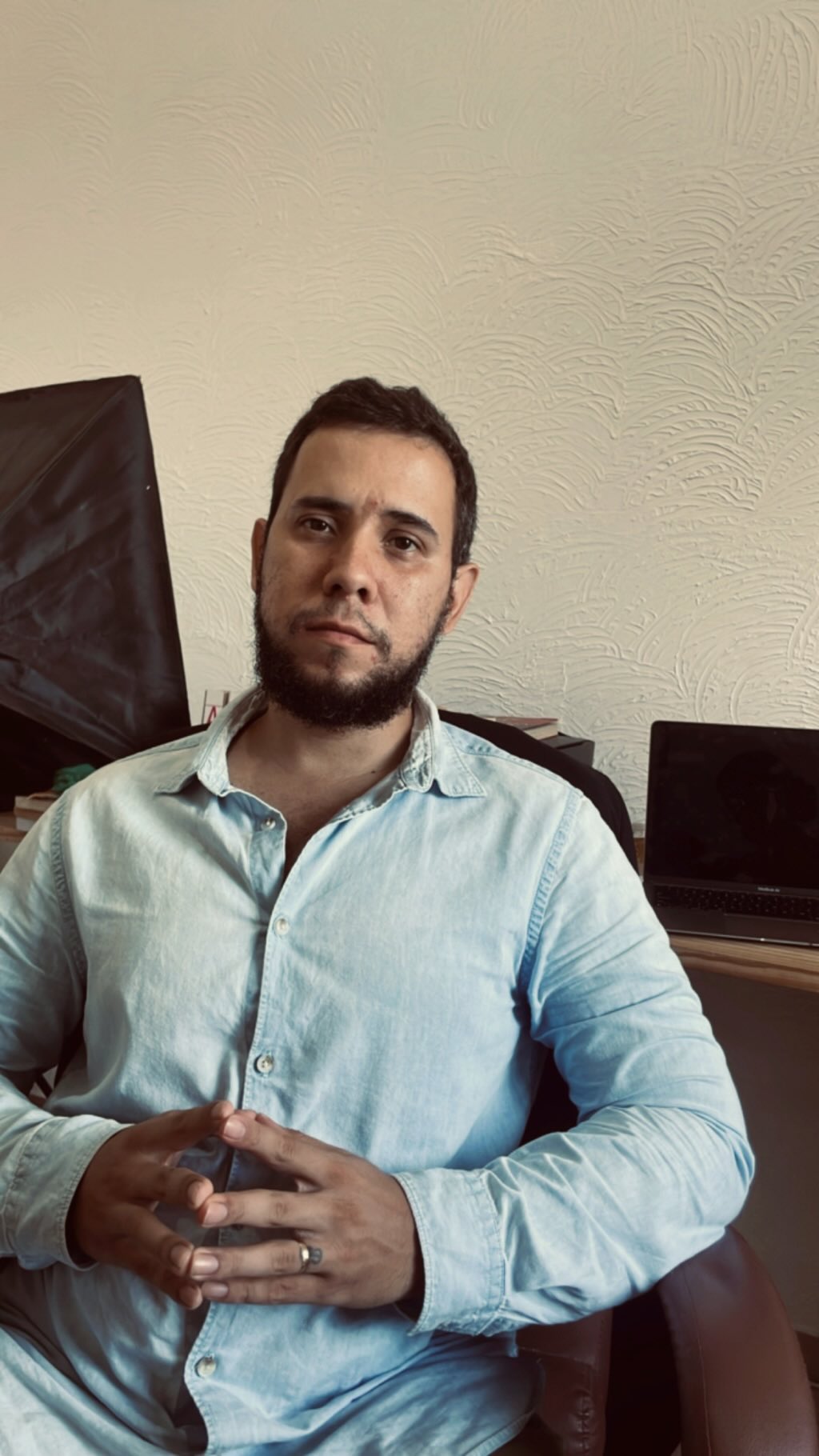
Язык вне политики: почему русский по-прежнему важен (LIVE) —
Patrick Lencastre
Во времена войны и разделения русский язык стал политически окрашенным — его всё чаще игнорируют, боятся, отвергают. Но можем ли мы, как полиглоты и любители языков, позволить языку исчезнуть из культурного пространства из-за действий политического режима? В этом выступлении я делюсь своим опытом: я говорю и по-украински, и по-русски, публично поддерживал украинскую культуру — и при этом продолжаю защищать красоту и ценность русского языка.
Русский — это не голос власти. Это голос Толстого, Цветаевой, духовного поиска, философской глубины и миллионов людей, мечтающих о мире. Я убеждён: язык не может быть ответственен за политику. И когда мы молчим на языке — мы теряем возможность понимания и диалога.
Я покажу, что говорить по-русски сегодня — это может быть форма сопротивления: не против Украины, а против ненависти, упрощения и культурного стирания. Мы можем сохранить душу языка, не теряя моральных ориентиров.
Моя лекция — не о том, на чьей мы стороне. Она о том, как защитить мост, который строит язык между людьми, когда всё вокруг стремится этот мост разрушить.
YouTube (Patrick)
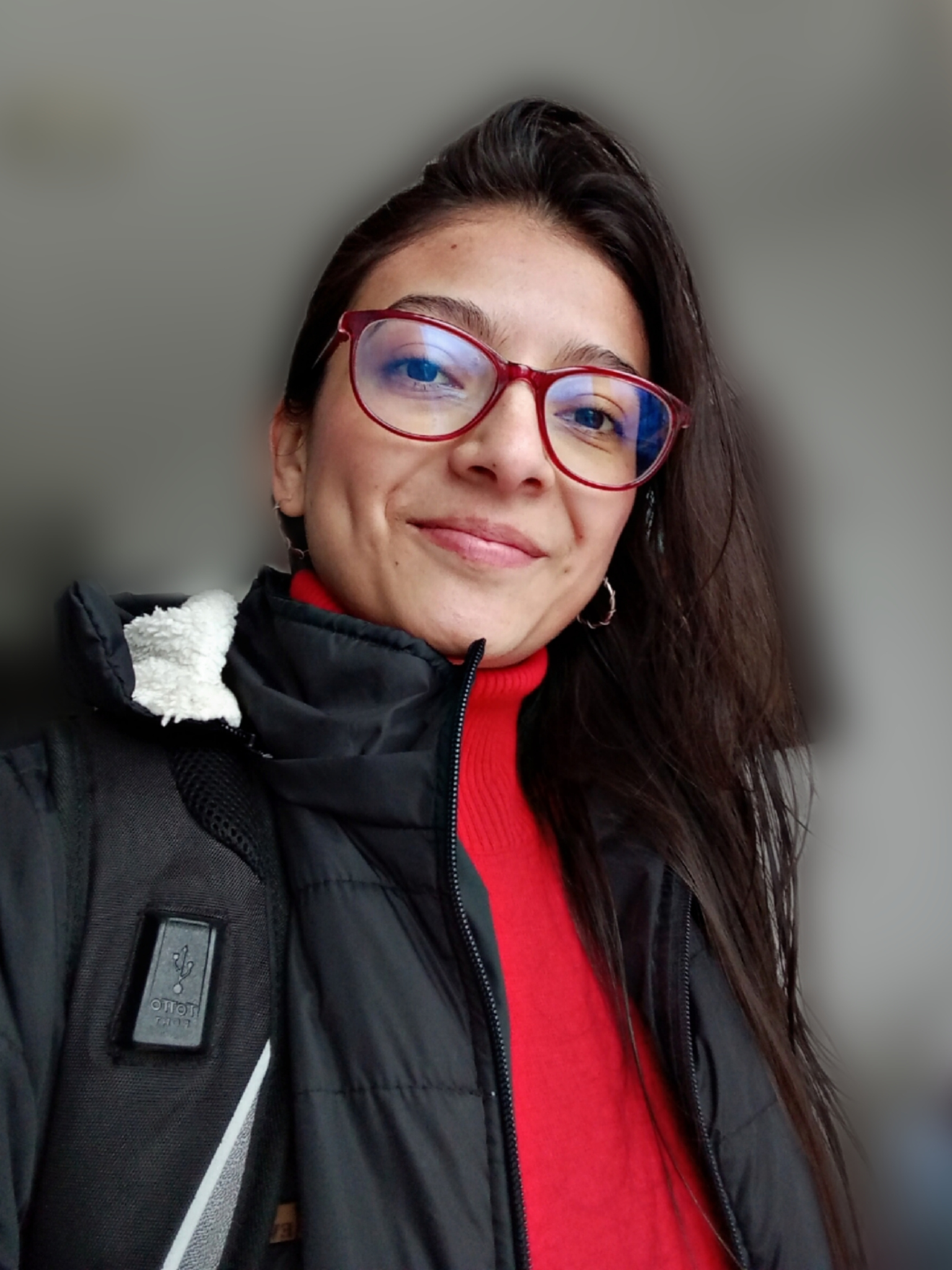
Voluntariados que hablan: cómo servir te conecta con culturas, idiomas, comunidades y oportunidades globales (RECORDED) —
Ángeles Alarcón Osorio
El voluntariado no solo transforma comunidades; también transforma a quienes deciden servir. En esta presentación, compartiré cómo el voluntariado —ya sea local, como con Get Up and Go Colombia, o internacional, como con AFS Intercultural Programs— se convierte en una puerta abierta al aprendizaje cultural y lingüístico.
Desde mi experiencia personal, hablaré de cómo convivir y colaborar con personas de diferentes países me llevó a tener mis primeras conversaciones prolongadas en inglés, aprendí a escuchar con empatía, y descubrí formas de aprender idiomas más allá del aula.
Además, presentaré plataformas como Worldpackers y Workaway, muy recomendadas por personas de la comunidad viajera, que permiten acceder a oportunidades de voluntariado alrededor del mundo, muchas de ellas inmersas en un contexto multilingüe.
La charla será una invitación a ver el voluntariado como un catalizador para conectar con comunidades, aprender idiomas de forma práctica, y ampliar nuestra mirada del mundo. Porque cuando servimos, no solo damos: también recibimos experiencias que hablan muchos idiomas.
Ideal para quienes aman los idiomas, están abiertos a nuevas culturas y buscan formas alternativas de aprendizaje y crecimiento personal.
YouTube
TikTok
Instagram
Facebook
Nas.io Community
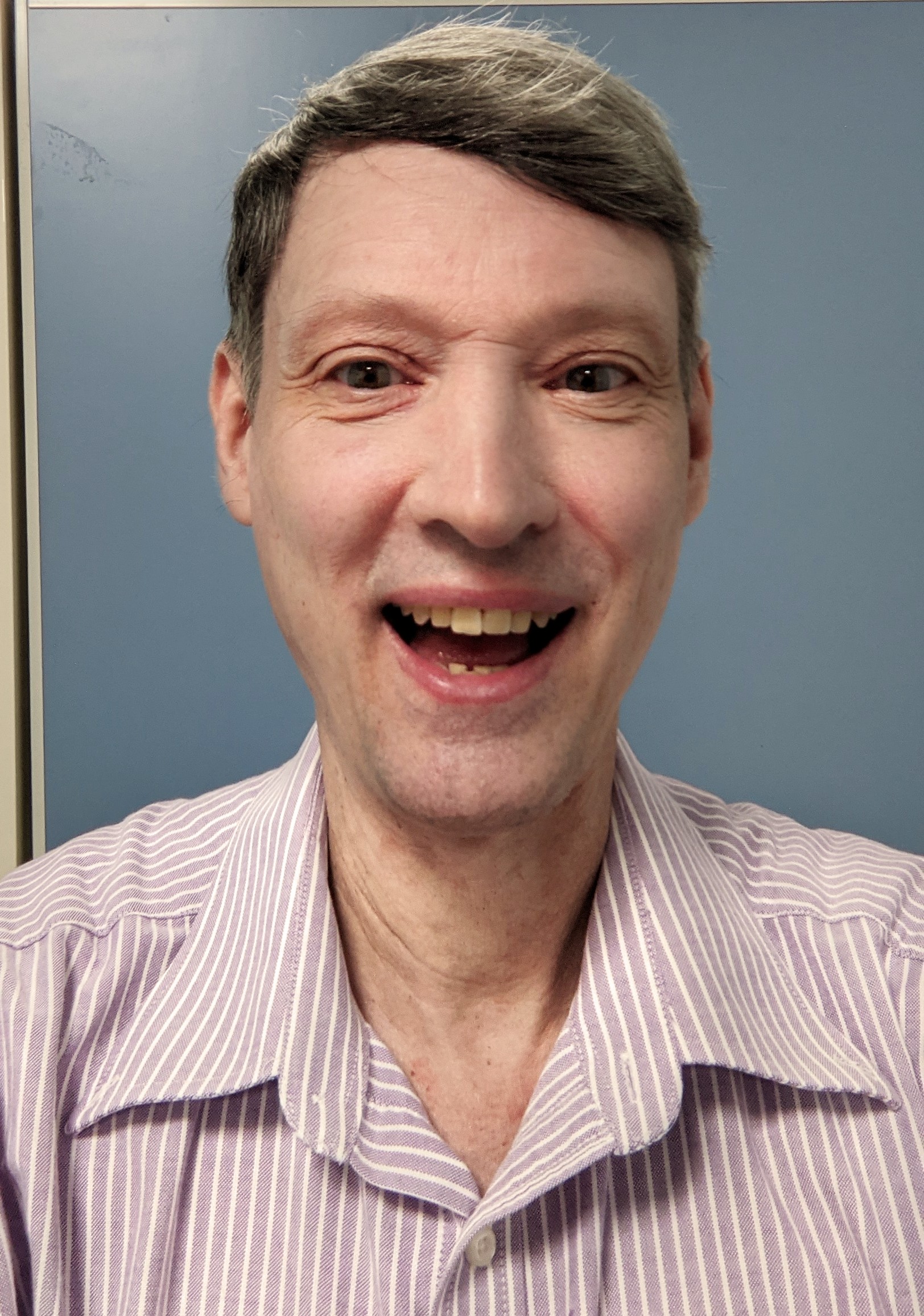
A Small Niche on a Big Island: The Esperanto Movement in Taiwan (LIVE) —
Cheyenne Maechtle
After being a longtime participant in Esperanto gatherings, especially in southern Taiwan, I had the opportunity to share the current situation of the language in a talk at the Hokkaido Esperanto League convention in 2024 and subsequently taught a mini course in the language. I became aware of several differences between Esperanto speakers in Taiwan and those in Japan and surrounding countries. Taiwan language learning is dominated foremost by English. Knowledge of even the existence of Esperanto is slight. Japan, Korea, and China, for example, boast many organizations and clubs with high membership, whereas Taiwan relies on a few charismatic teachers and proponents to inform and attract others. Although there may be numerous reasons for studying Esperanto, I found that some learners in Japan are attracted to it due to ideological motivation, such as politics and social movements, while in Taiwan most people choose to undertake studies through the encouragement of one or two Esperanto gurus. Subsequently, there is just one region in all of Taiwan where most learn and use the language: the rather unassuming city of Pingtung in the southern part of the island and the surrounding area. This gives Esperanto in Taiwan a unique small-town feel in that nearly all speakers know each other and may have picked up the language from the same teachers, leading to an even stronger sense of community than among most Esperantists throughout Asia.
Facebook
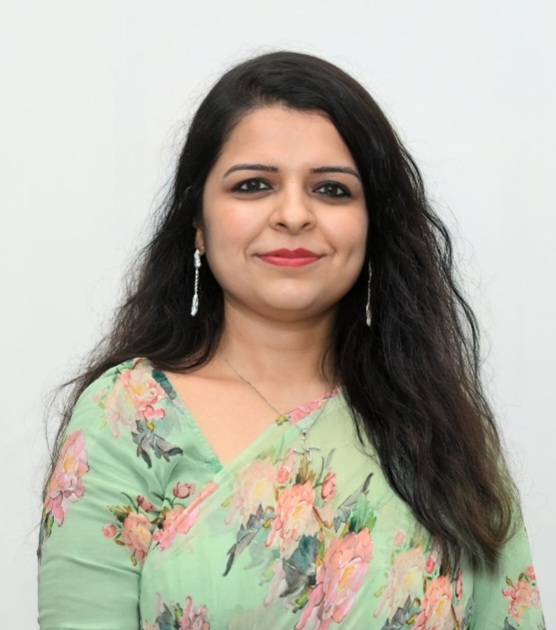
Ecological Threats to Linguistic Diversity in Bihar: An Analysis (LIVE) —
Dr Devina Krishna
Langauge and ecology are deeply interconnected. The local languages contain valuable information about the environment including the traditional ecological practices, traditions and biodiversity.
The present study examines the complex relationship between ecological factors and linguistic diversity in Bihar, India. It analyzes how environmental degradation, climate change, and urbanization threaten the sustainability of local languages, including Angika, Bajjika, and Maithili. The research highlights the impact of ecological disruptions on language use, cultural practices, and community identity. Climate change erodes traditional knowledge and cultural practices thereby leading to decline of languages. It transmutes ecosystems into disruptive zones, menacing the linguistic diversity in Bihar. The ecological crisis is a major determining factor leading to language loss, besides non-transmission between generations, political conflicts, and lack of legal recognition. By exploring the intersections between ecology and language, this study provides insights into the challenges facing linguistic diversity in Bihar and emphasizes the need for conservation efforts to protect the region’s rich linguistic heritage. Moreover, certain strategies such as documentation and preservation, ecological sustainability and climate action can lead to sustainability of languages in Bihar.
Instagram
LinkedIn

What You Need to Know Before You Start Learning a Language (LIVE) —
Karin Hiranuma
The presentation will explore key mindsets that can transform how we approach language learning. Too often, learners see it as “studying,” focusing only on memorizing vocabulary and grammar. But language is not a subject to be memorized—it’s a skill to be trained, much like building muscle in the gym. To truly master a language, we must train our brains together with our mouths, ears, and eyes through consistent practice.
Another focus will be on the role of emotions. Persistence is essential in any long-term learning journey, but motivation is not always about chasing big dreams. Sometimes, the determination to avoid failure or to overcome frustration can be just as powerful. When learners hit plateaus or face setbacks, it is their ability to manage negative emotions that decides whether they continue or quit.
Finally, the presentation will emphasize the importance of strategy. Social media is filled with promises of quick fixes, but effective learning requires a more thoughtful approach: identifying personal goals, recognizing what is missing, and planning the first steps carefully. Equally important is reflecting on results—what worked, what didn’t, and why. This process can be challenging without guidance, which is why seeking support from experienced teachers or mentors can make a huge difference.
The key message is that language learning is not only about gaining a skill—it is also about self-discovery. Through training, reflection, and resilience, learners not only become capable language users but also gain a deeper understanding of themselves.
LinkedIn
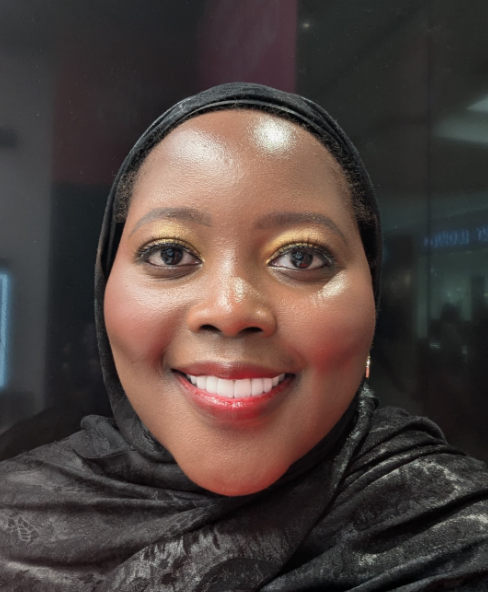
Langues africaines, technologies émergentes et intelligence artificielle : Repenser la transmission linguistique (LIVE) —
Khadydja Ndoye
Dans un monde où l’intelligence artificielle transforme l’apprentissage et la communication, les
langues africaines – souvent sous-représentées dans les outils technologiques – sont à la
croisée des chemins entre disparition et renaissance numérique. Cette présentation propose
une exploration des possibilités offertes par les technologies émergentes (IA, apprentissage
automatique, plateformes numériques) pour revitaliser, enseigner et promouvoir les langues
africaines auprès des diasporas et des apprenants du monde entier.
À travers des exemples concrets issus de projets en cours en Afrique et dans la diaspora, je
montrerai comment l’IA peut être utilisée pour créer des dictionnaires visuels, des applications
d’apprentissage vocal, et des agents conversationnels multilingues. Nous discuterons
également des défis techniques et éthiques liés à la collecte de données, à la reconnaissance
vocale des langues tonales ou à faible ressources, et à la centralisation des corpus linguistiques
par des entreprises globales.
Enfin, nous réfléchirons à la manière dont les communautés linguistiques peuvent s’approprier
ces technologies pour créer un modèle de transmission plus inclusif, décolonial et durable.
Website
TikTok
Facebook (English)
Facebook (French)
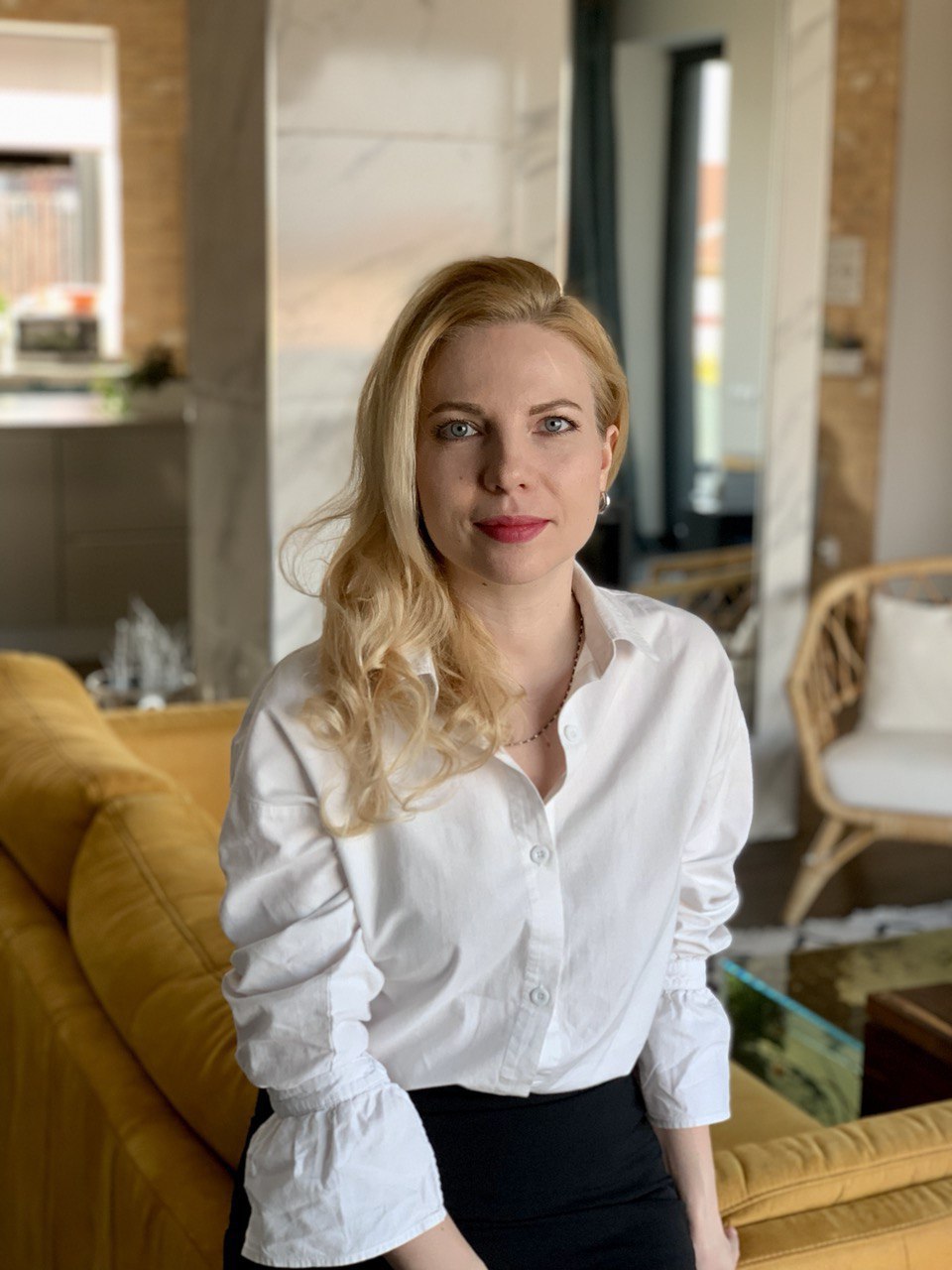
Professional Language Coaching Overview. Adapting Teaching and Coaching Styles for Learners with ADHD (LIVE) —
Anna Bakova
ADHD is linked to specific brain features that affect the internal regulation of attention, impulses, and self-control. This talk explores how professional language coaching, together with special principles that can be integrated into coaching and other forms of working with learners, can support language learners with ADHD — helping them manage motivation, maintain focus, and progress with complex tasks in language learning.
We will begin with an overview of the method of professional coaching and professional language coaching, which is often confused with teaching or advising. Unlike those approaches, coaching is about deep exploration: asking powerful questions, creating out-of-the-box perspectives on goals and tasks, and building tailored action plans. It also provides a unique system of support that helps clients move through difficult challenges — such as learning a new language — with greater confidence and sustainability.
We will then explore four special principles for supporting learners with ADHD, helping them regulate attention, overcome obstacles, and sustain motivation. These same principles are equally useful for teachers and coaches who themselves have ADHD, as well as for anyone facing similar challenges with self-regulation and consistency.
While studies show that over 90% of people who self-diagnose with ADHD may not actually have the condition, many experience comparable struggles in language learning. Therefore, the method of professional coaching enriched with these four special principles offer valuable support not only for learners with ADHD, but also for the broader community of language learners and teachers.
Instagram(Language Coaching Academy)
YouTube
Instagram(Language Coaching Academy)
Instagram
LinkedIn (Language Coaching Academy)
LinkedIn
